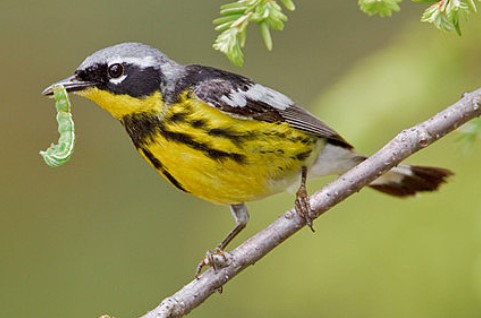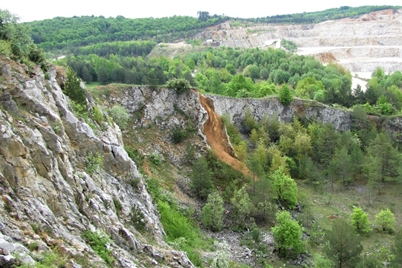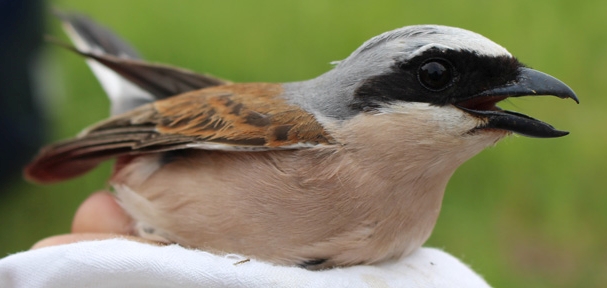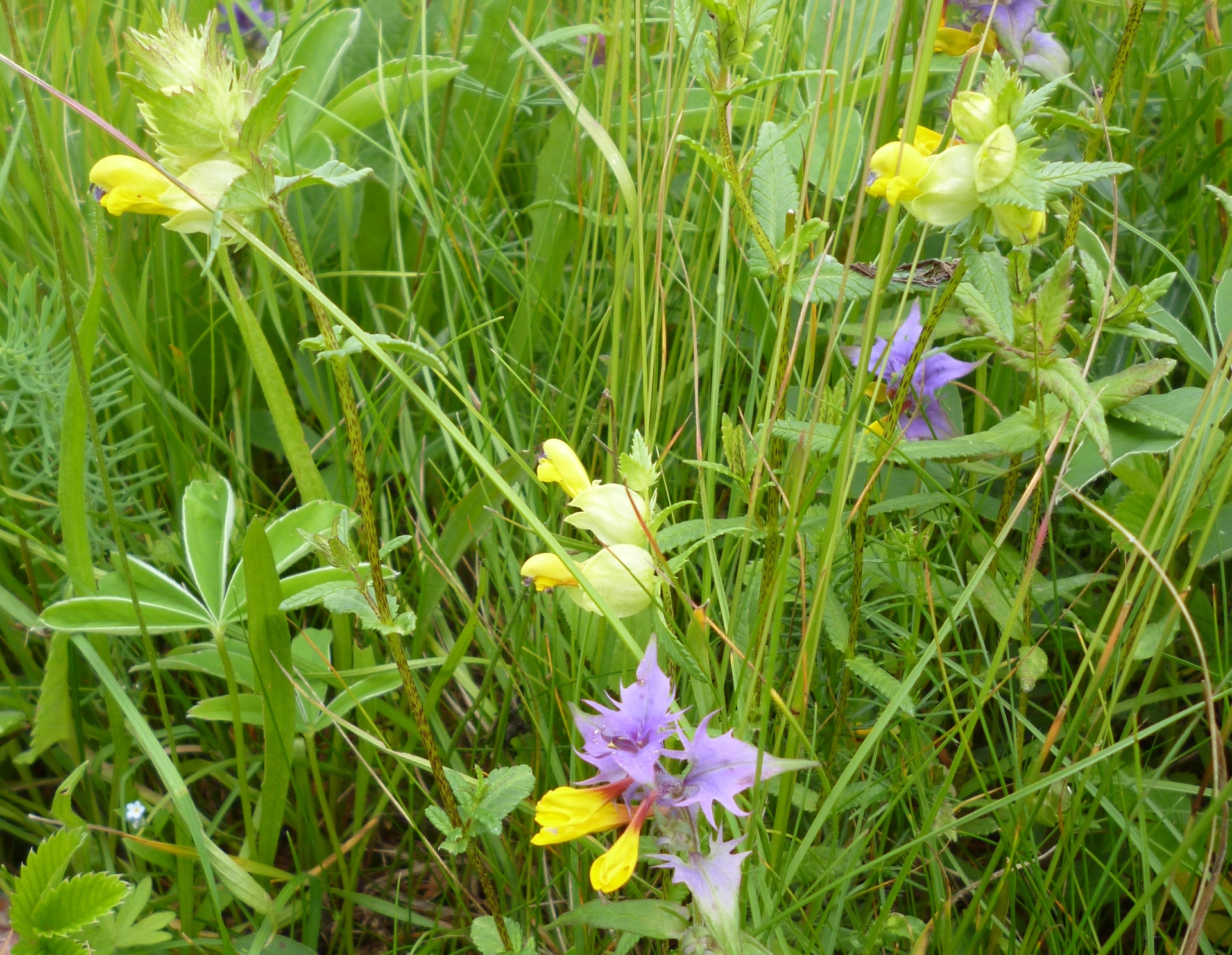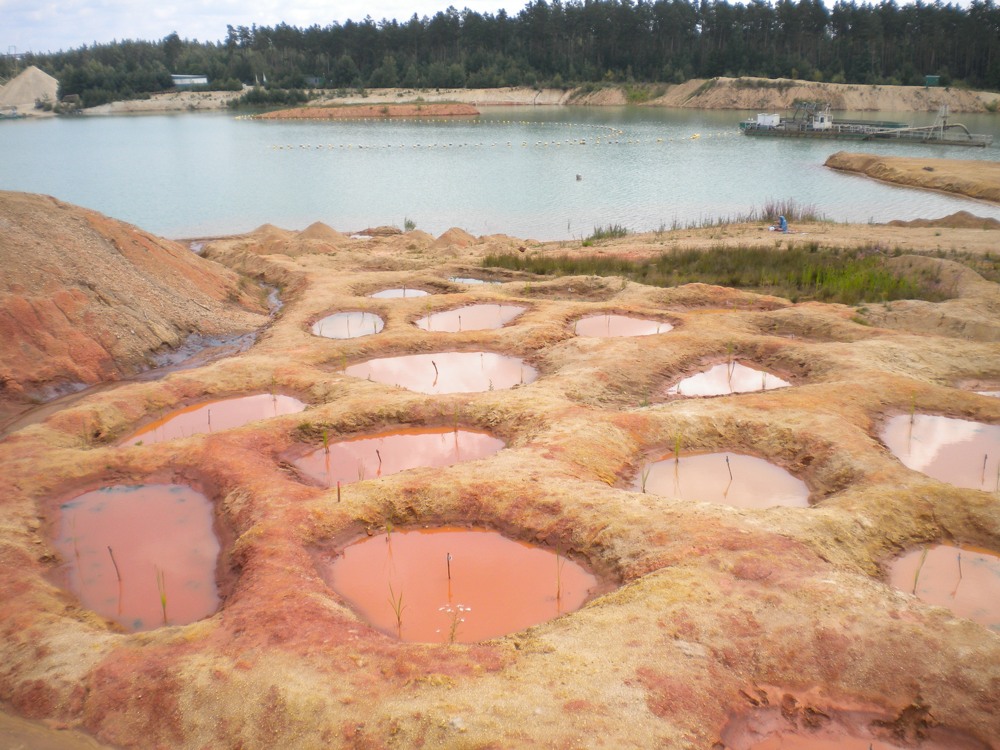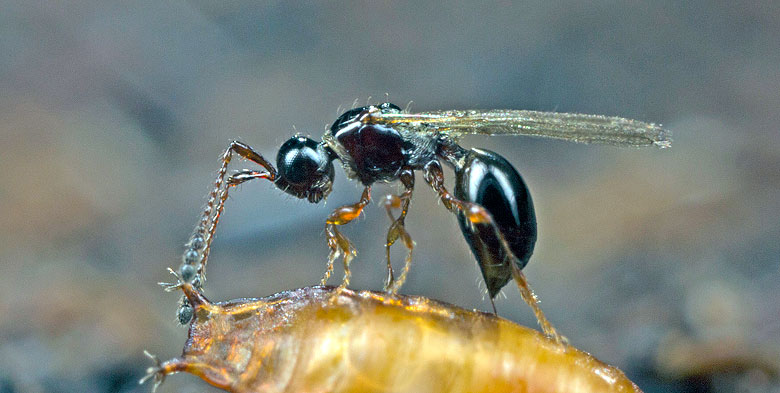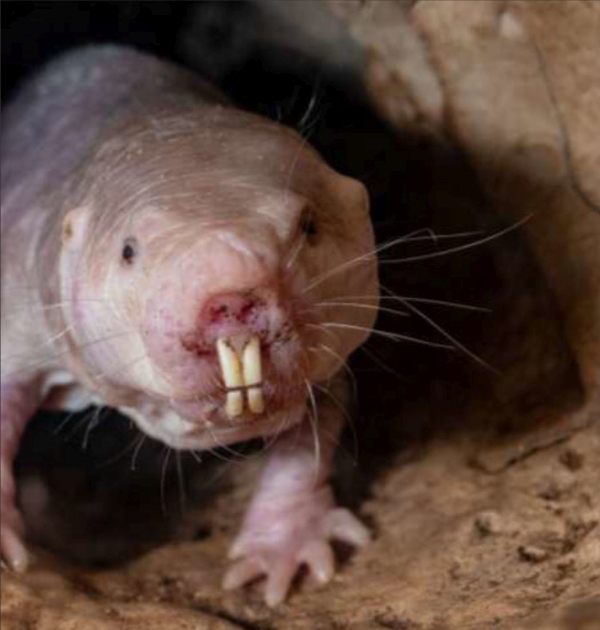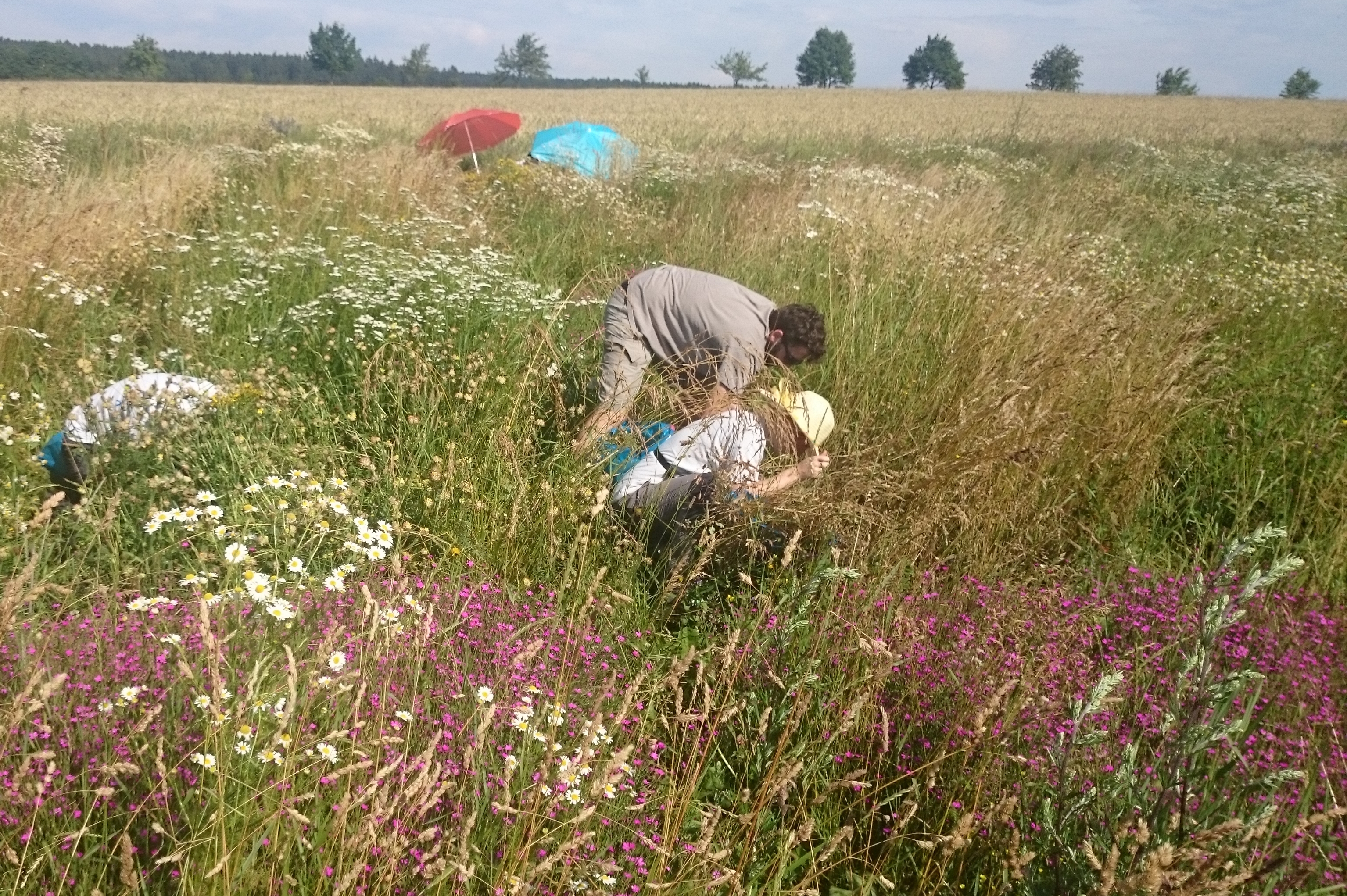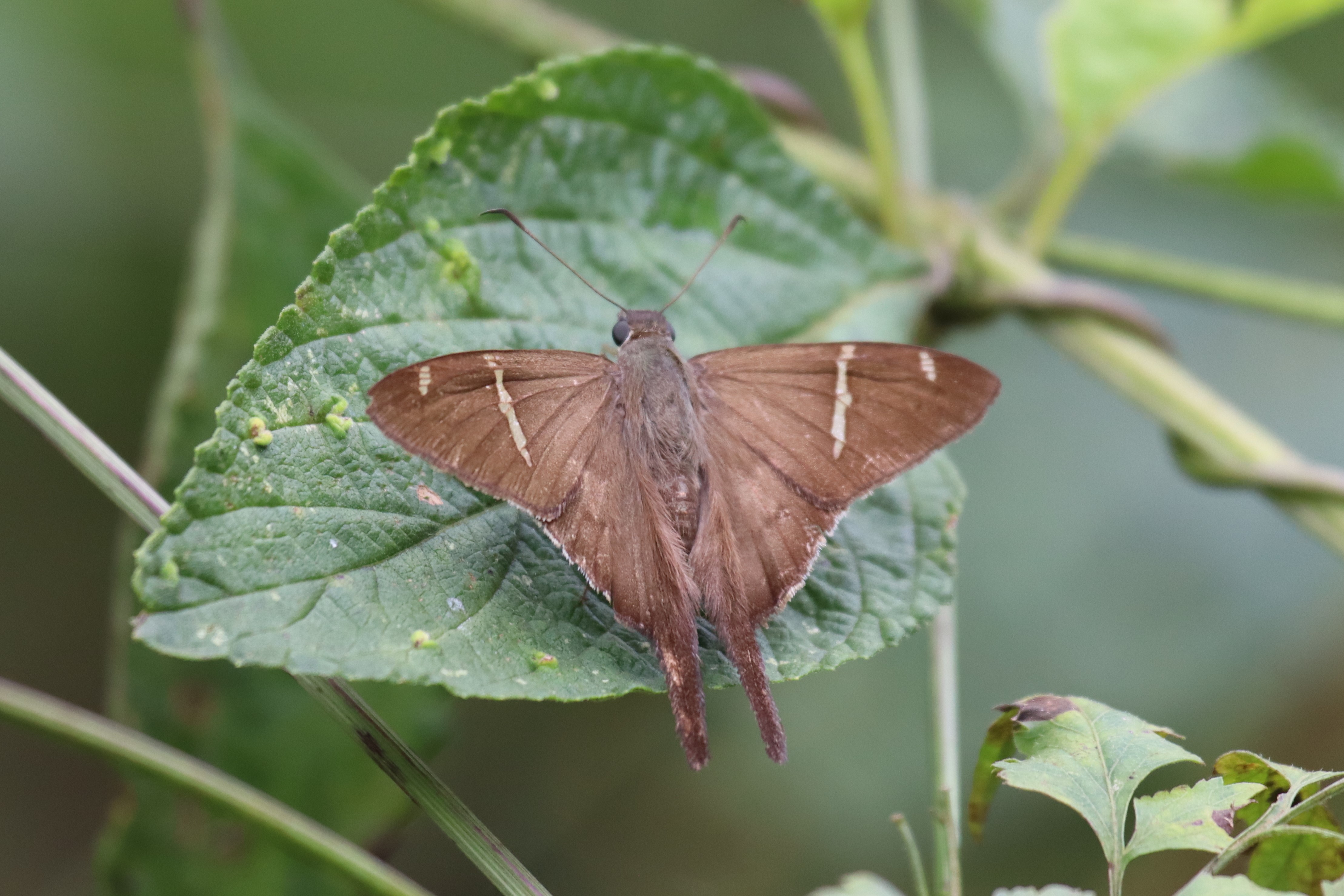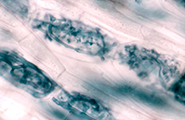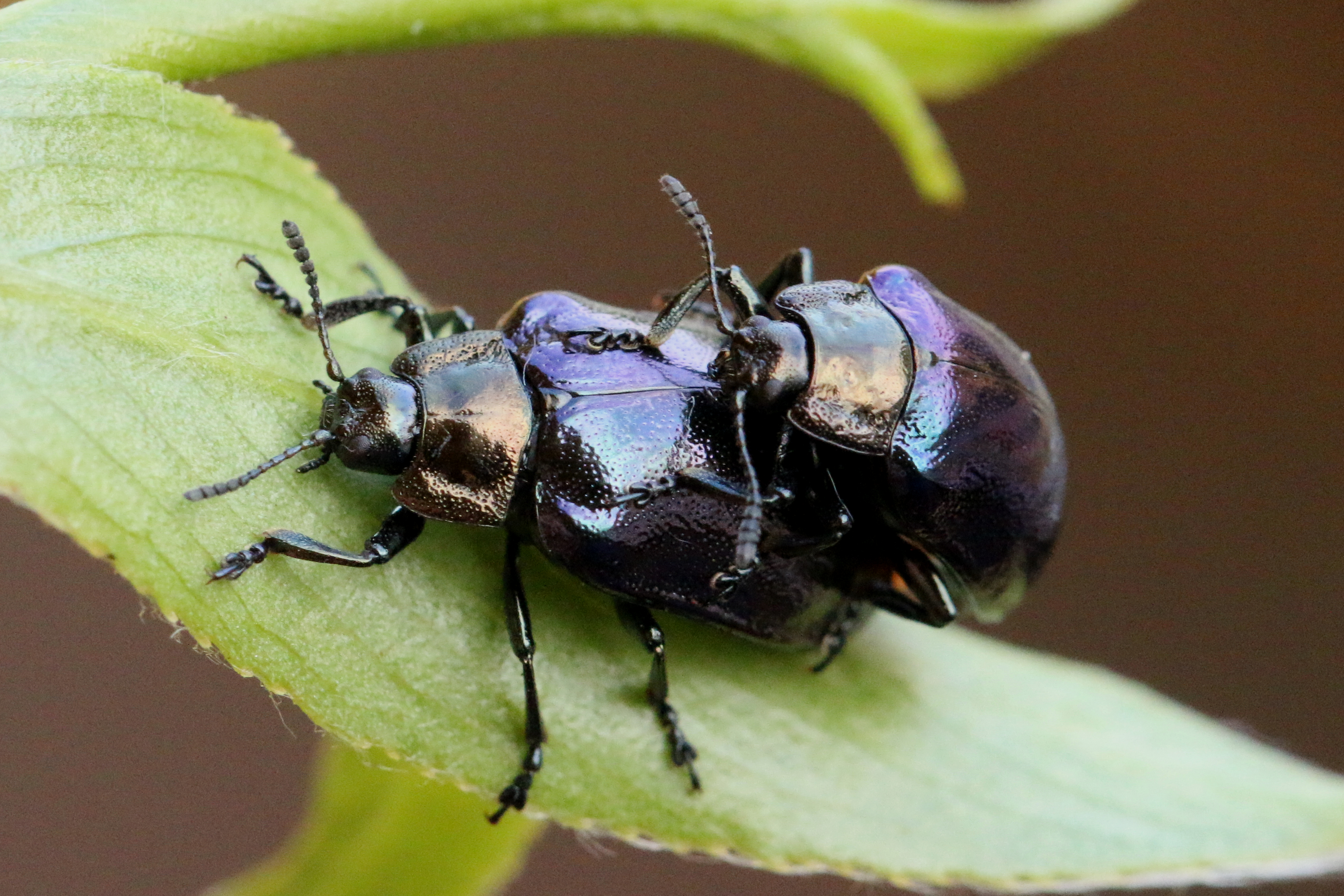Faculty of Science offers increasing number of courses in English. Below is a list of courses included in the Master in Ecology. Students must acquire at least 40 credits* from the core courses. The list of additional courses is continuously growing.
Core courses
Design and Analysis of Ecological Experiments
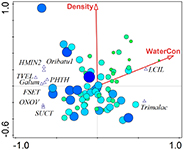 lecturers: Jan Lepš, Petr Šmilauer
lecturers: Jan Lepš, Petr Šmilauer
content: You will learn the basics of experimental design (emphasizing field experiments and including various nested designs) and mainly their statistical evaluation using general linear models, methods of unconstrained and constrained ordination (with Canoco), and classification methods. You will learn all this using real-world data examples.
credits: 6
links: home
Community Ecology
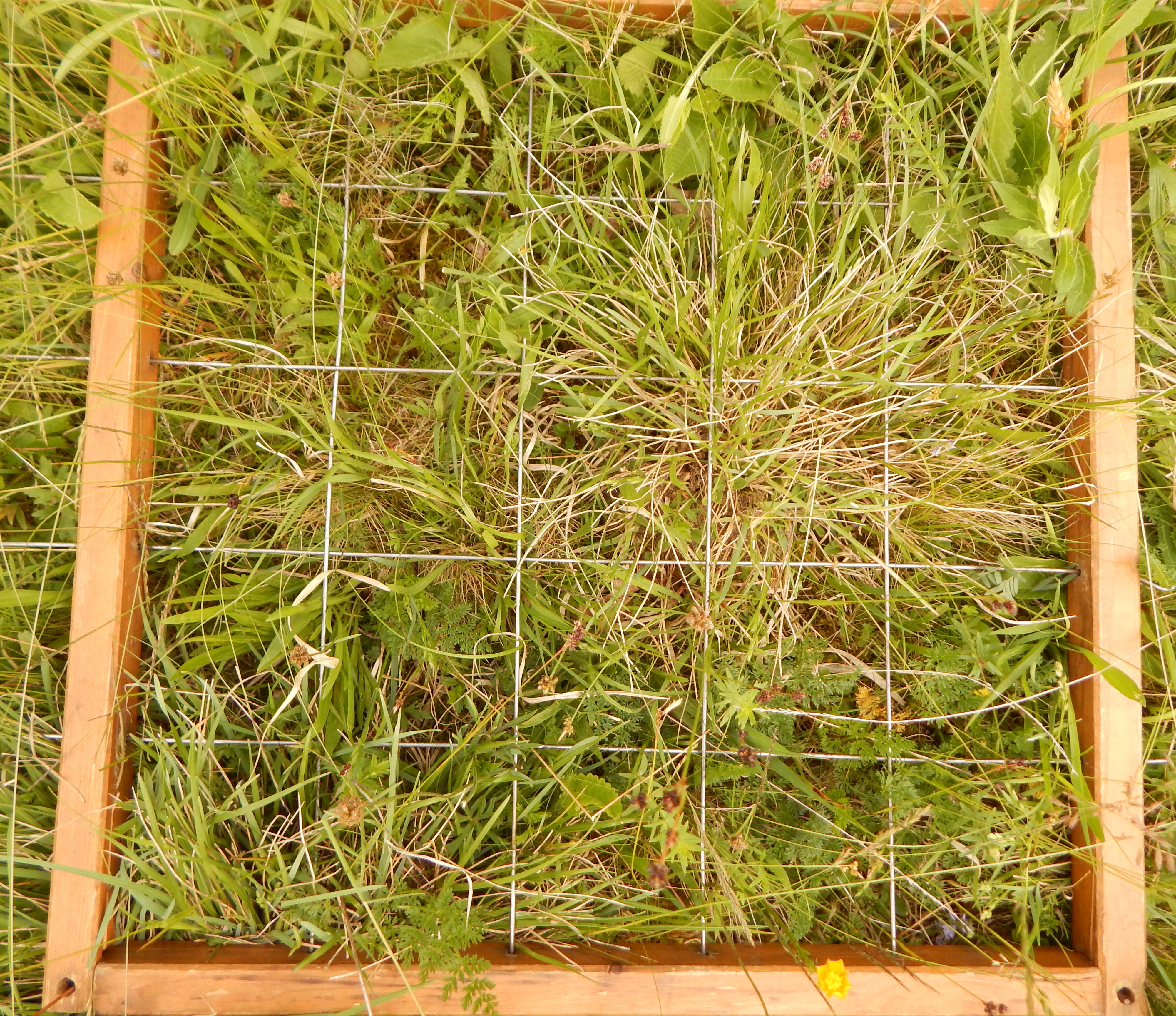 lecturers: Jan Lepš, Vojtěch Novotný
lecturers: Jan Lepš, Vojtěch Novotný
content: The course includes basics of community diversity research: quantifying and interpreting community diversity, relationships of community diversity with other characteristics, i.e. both diversity as response to environmental factor, and as a driver in biodiversity experiments. Further topics include community assembly rules, mechanism of species coexistence, food web research, use of the null models. It is usually preceded by a field data collecting trip.
credits: 6
links: home
Functional Traits in Ecology
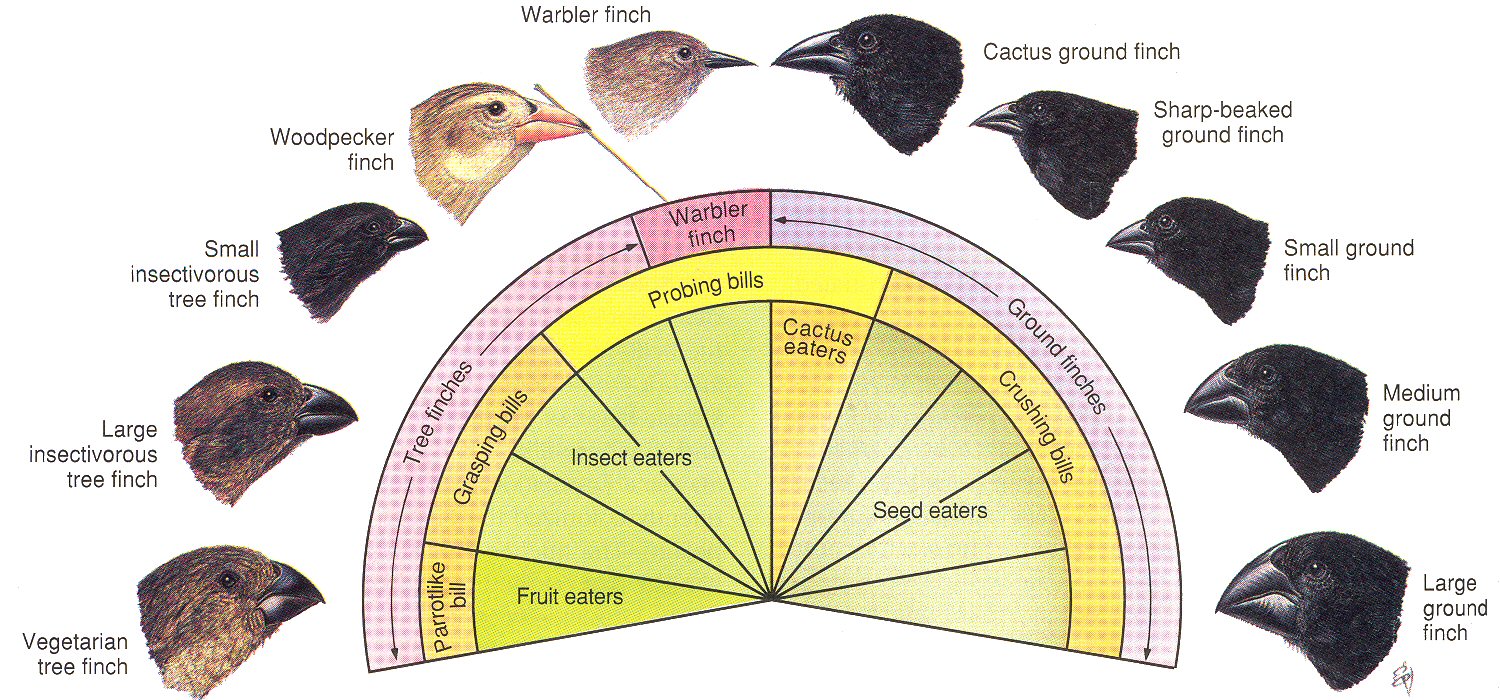 lecturers: Lars Götzenberger, Francesco de Bello
lecturers: Lars Götzenberger, Francesco de Bello
content:The course aims to provide updated concepts and methodologies on the use of functional traits in Ecology, encompassing different trophic levels. Particular attention will be given to the use of species traits to understand ecological processes, such as niche partitioning, species interactions, community assembly and ecosystem processes, and as tools in bioindication schemes (including indication of ecosystem services).
credits: 4
Modern Regression Methods
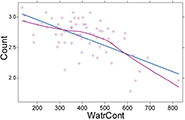 lecturer: Petr Šmilauer
lecturer: Petr Šmilauer
content: This course introduces you to several important families of advanced regression models, with particular attention paid to generalized linear models (GLM), generalized additive models (GAM), classification and regression trees (CART), and survival analysis, together with the linear mixed-effect models or methods of phylogenetic corrections. Work with the real-world data takes about two thirds of the course, relying exclusively on the free R software.
credits: 6
Ecology of Invasive and Expansive Organisms
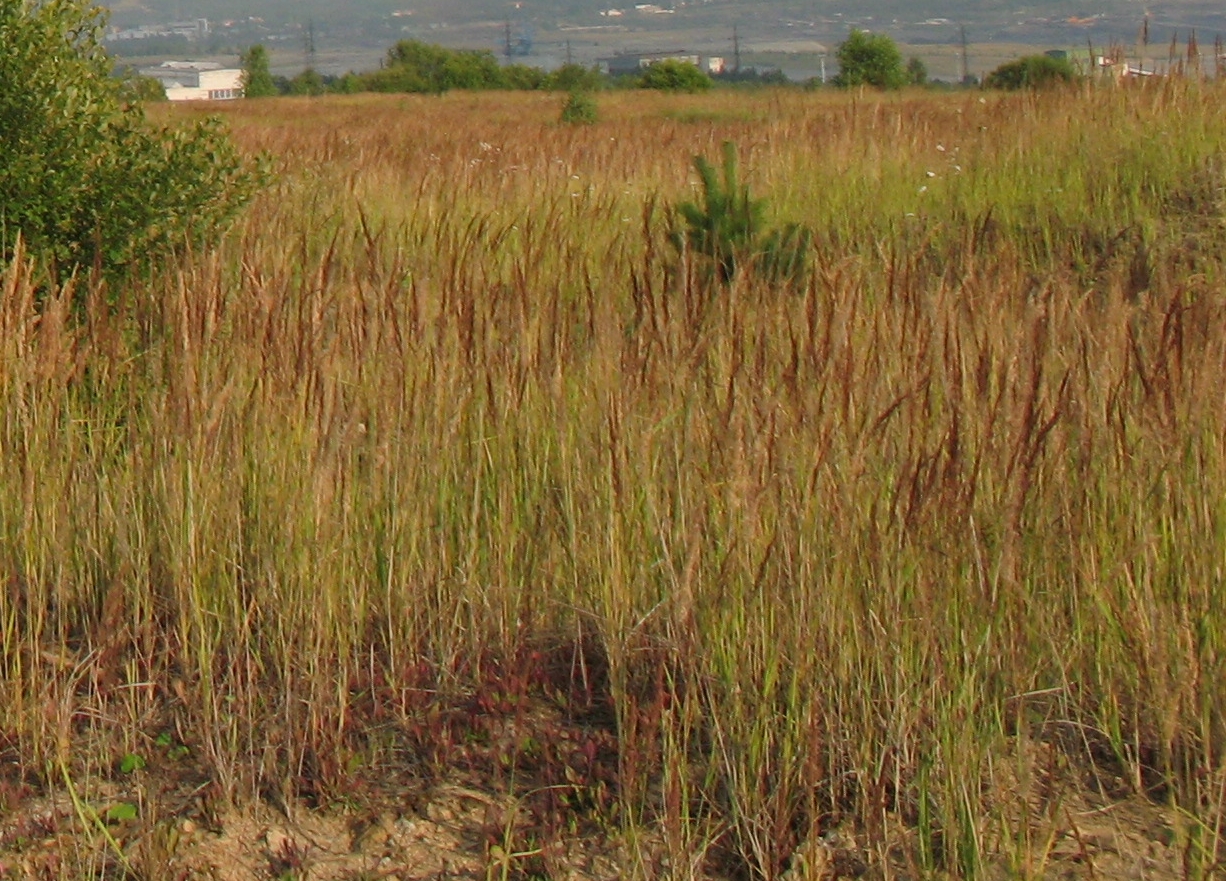 lecturer: Karel Prach, Ondřej Mudrák
lecturer: Karel Prach, Ondřej Mudrák
content: Main aspects of invasive behavior of alien and expansive native organisms, especially vascular plants, are explained. Theoretical principles of invasive ecology are accompanied by examples from central Europe as well as other parts of the World. Not only processes of invasion and expansion but also eradication of noxious organisms and restoration of native communities are considered.
credits: 4
Tropical Ecology
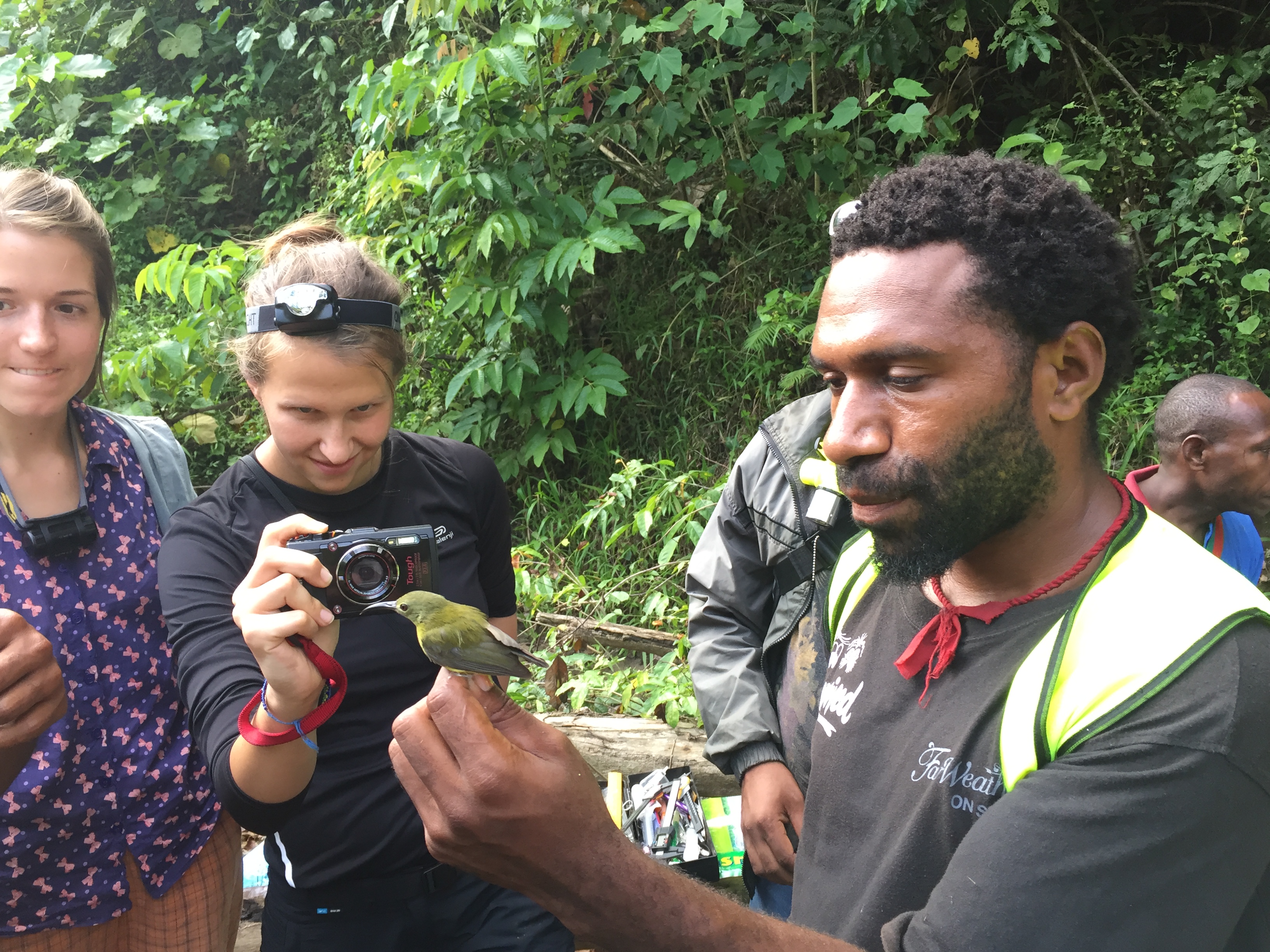 lecturer: Vojtěch Novotný
lecturer: Vojtěch Novotný
content: This course gives an introduction to main tropical ecosystems and further covers such themes as why there are so many species in the tropics, how they are organized in food webs, how is ecological succession going, what is happening on tropical islands, or why and how to protect tropical biodiversity. The course includes also seminars where we discuss and analyze important and interesting research papers.
credits: 4
Conservation Biology
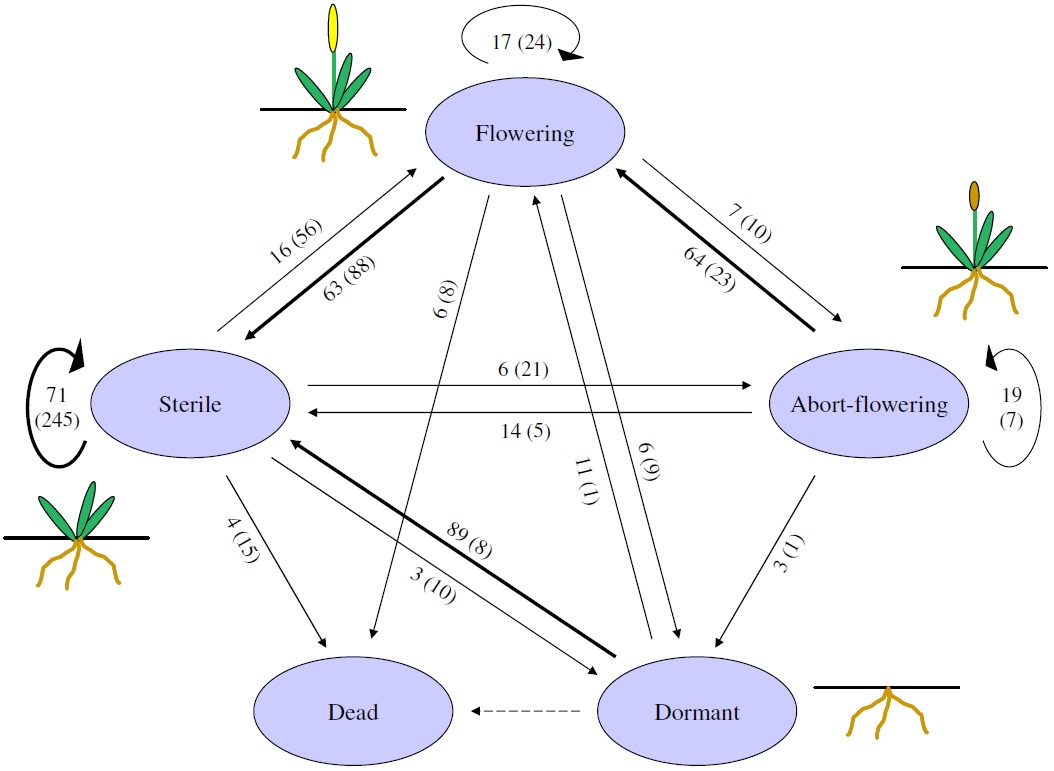 lecturer: Jana Jersáková, Tomáš Kučera, Martin Konvička
lecturer: Jana Jersáková, Tomáš Kučera, Martin Konvička
content: This course focuses on up-to-date theory, practice and ethics of biological conservation from the level of genes, to wild populations and to entire ecosystems. The course includes several excursions to outstanding protected areas and semestral work developing an action plan for a critically endangered species.
credits: 6
Evolutionary Ecology
lecturer: David Boukal
content: The course gives an overview of the main concepts and classic methods used to study life histories and behavioral and other evolutionary adaptations of organisms to their environment. Emphasis is given on case studies that establish links between theory and empirical observations. The course also involves critical reading and discussion of both classical and recent papers and hands-on practicals with quantitative examples.
credits: 6
Field Ecology
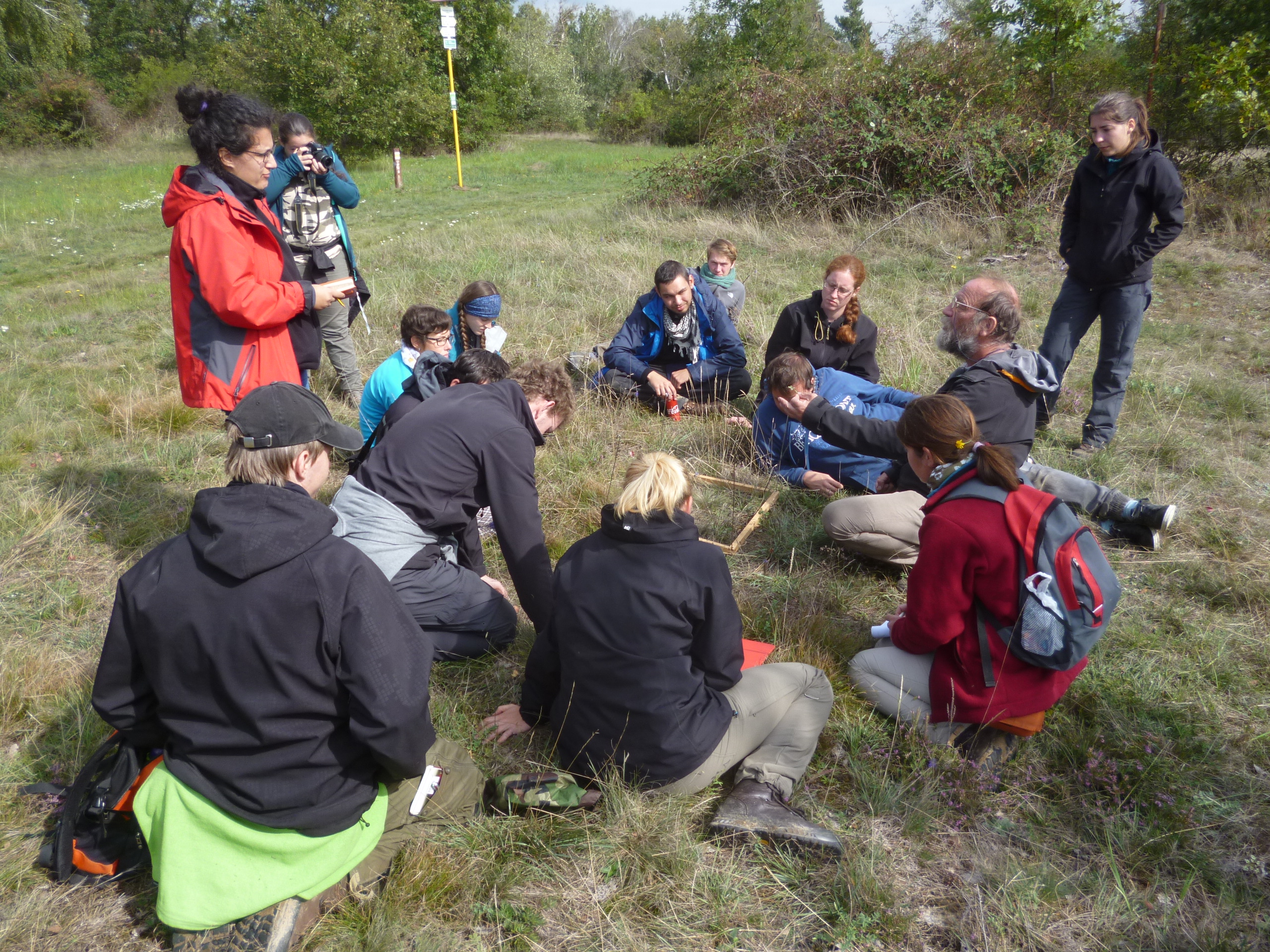 lecturers: Jan Lepš, Petr Blažek
lecturers: Jan Lepš, Petr Blažek
content: The course gives an overview of the problematics to be faced when developing ecological surveys and experiments in the field. Several excursions will be carried out during one week, where various sampling techniques will be used, and student will carry out simple field experiments in different habitats around either Mohelno or Křivoklát. At the end, students present results of their independent projects.
credits: 4
Molecular Ecology
lecturer: Václav Hypša
content: The course provides an overview of current approaches to utilizing molecular data in ecological, phylogenetic and evolutionary research. It covers the main techniques used at the genealogical and population level (haplotype networks, multilocus analyses, coalesence-based inferences of demography, selection and other evolutionary processes) and the basic principles of molecular phylogenetics (maximum parsimony, maximum likelihood, Bayesian probability).
credits: 4
Creative Publishing in Community Ecology
 lecturers: Jan Lepš, Francesco de Bello, Lars Götzenberger, Jan Hrček
lecturers: Jan Lepš, Francesco de Bello, Lars Götzenberger, Jan Hrček
content: This course aims at publishing one paper in collaboration with other students, with the aim of showing how to creatively choose and use data to answer possible ecological questions. Field data will be available and students, as a group, will choose how to use the data, analyze it and prepare a manuscript for publication. The process will be assisted by a former editor of J. App. Ecol. and J. Veg. Science and by a current editor of PLoS One and J. Veg. Science.
credits: 6
Population Ecology
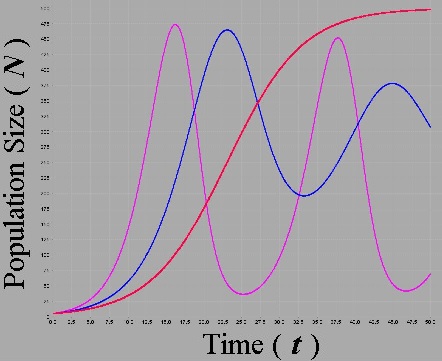 lecturer: Jan Lepš, Petr Blažek
lecturer: Jan Lepš, Petr Blažek
content: The course provides basis of population ecology, attempting balanced presentation of methods of the field research, basics of mechanisms, and mathematical models. The topics include descriptive approaches to populations size, structure, spatial pattern and temporal variability, basics of population growth (including projection matrices and integral projection models) and basics of interspecific interactions.
credits: 5
Vegetation Dynamics
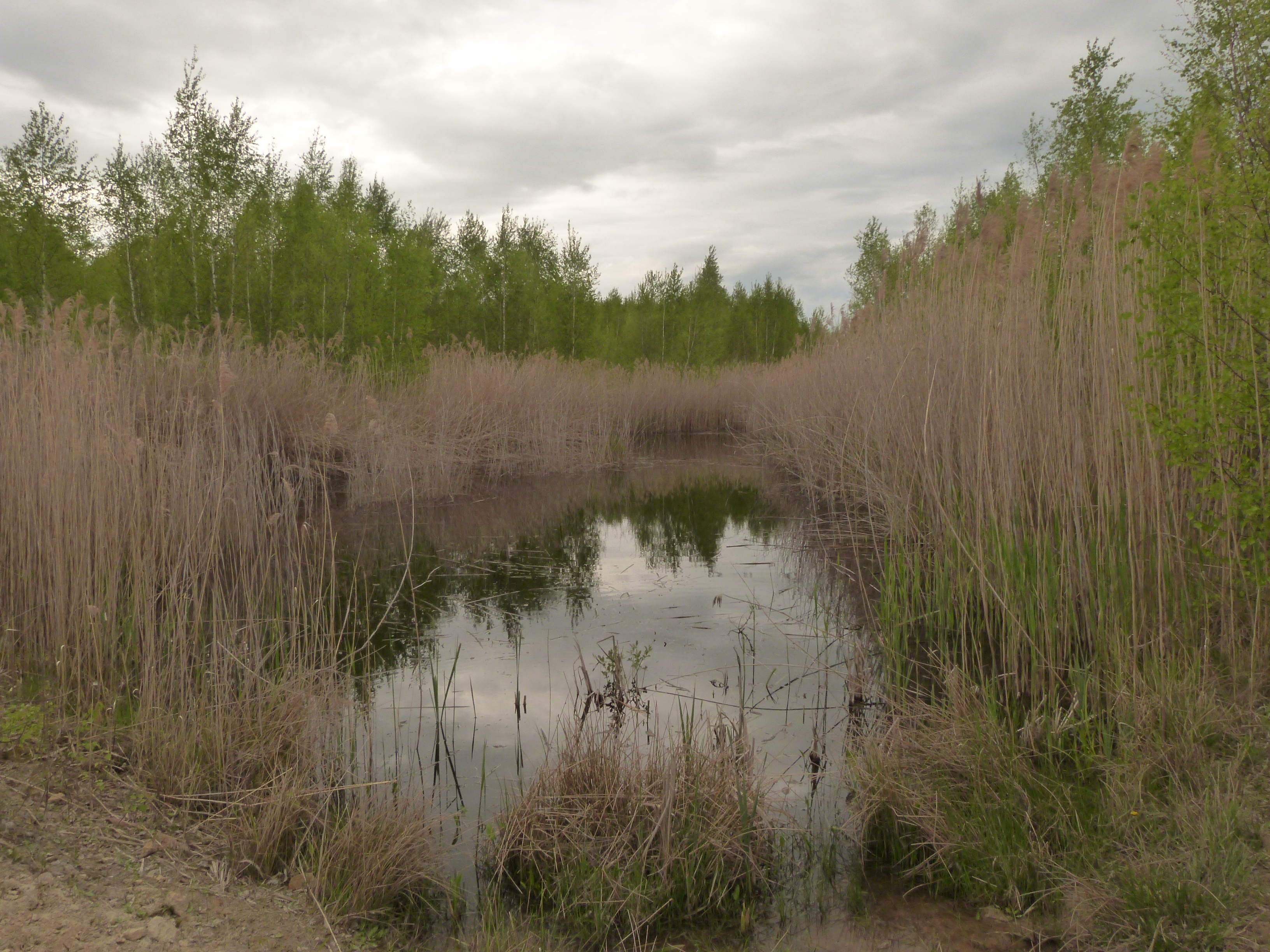 lecturer: Karel Prach
lecturer: Karel Prach
content: Principles of vegetation dynamics from the population to global perspective are presented. Theoretical aspects are illustrated by real examples from different parts of the World. Practical applications in conservation biology and restoration ecology are also presented.
credits: 3
Tutorials in Ecology
lecturer: Jan Hrček
content: A course designed to improve critical thinking through working with literature, writing essays and discussing them with tutors (a panel of lecturers and postdoctoral researchers at Faculty of Science and Biology Centre). The course is modelled after Tutorials, a common way to teach at Oxford and Cambridge.
credits: 4
Science Communication
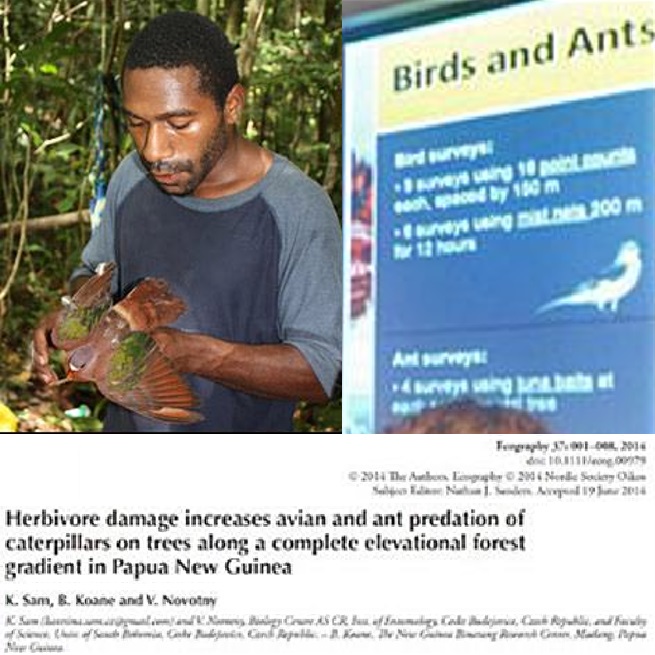 lecturer: Kateřina Sam
lecturer: Kateřina Sam
content: Communicate your research from the field to a conference hall and to a scientific journal.
This course will prepare you for common types of communication you will need (not only) in science. Giving presentations, but also preparing an experiment, proposal or write a grant (and possibly get it!). Other forms include letter to editor when submitting your research to a journal and advise on outreach and communicating your research to the public.
credits: 4
Plant-Animal Interactions
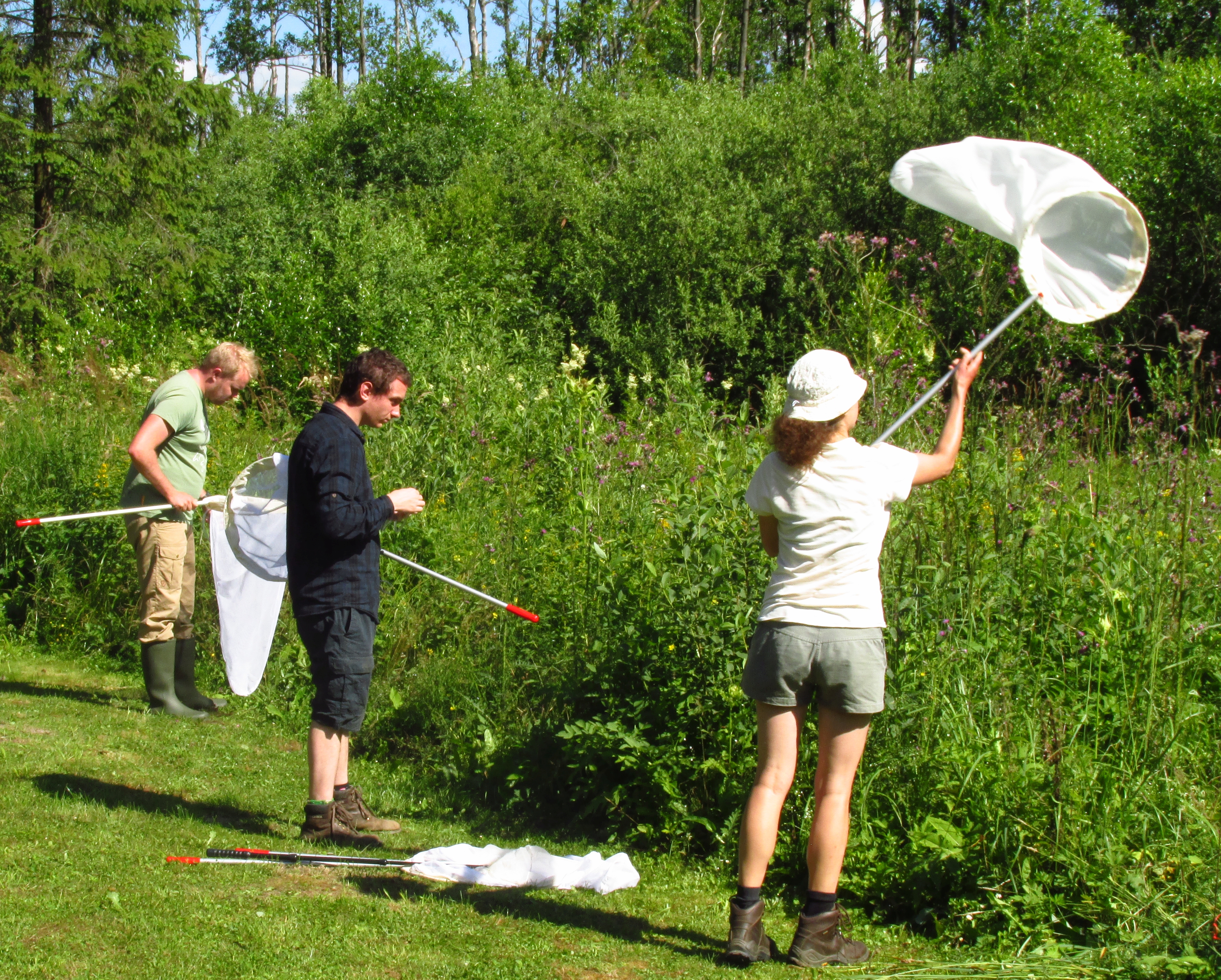 lecturer: Jana Jersáková, Lukáš Čížek, Štěpán Janeček
lecturer: Jana Jersáková, Lukáš Čížek, Štěpán Janeček
content: The course familiarizes students with the current literature, mechanisms, and conceptual bases of herbivory, pollination, seed dispersal, and plant defense, and provides understanding and practice to the scientific methods during field experience. The course includes a field trip where the students perform their own projects.
credits: 6
Evolutionary Biology
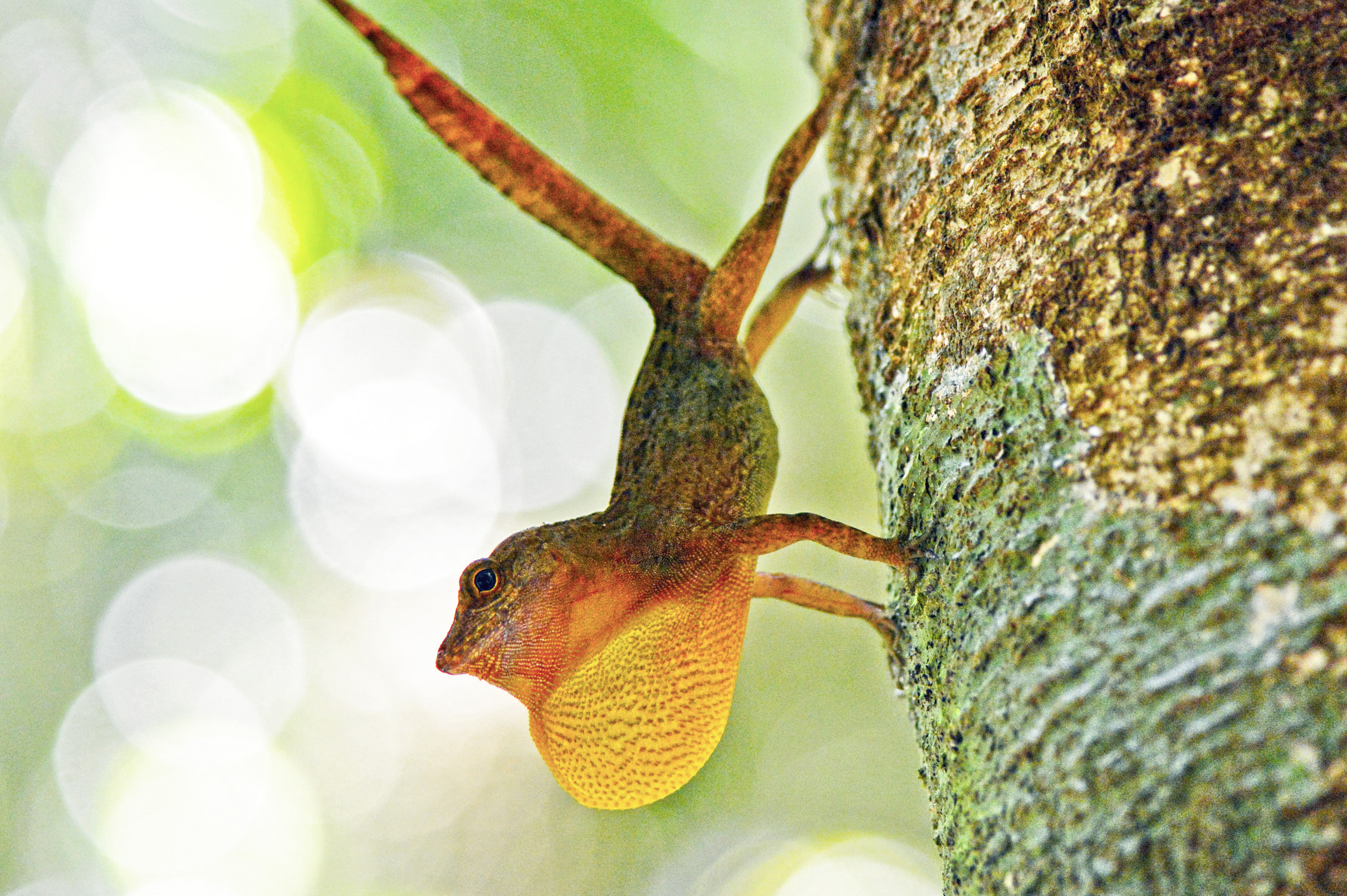 lecturer: Pavel Duda
lecturer: Pavel Duda
content: This course provides and introduction to evolutionary biology. It describes key evolutionary processes, both micro- and macroevolutionary. It describes the relationship between micro- and macroevolution, evolution and ontogeny, and evolution and phylogeny and emphasizes the importance of phylogenetic approach in biology and ecology using a multitude of case studies.
credits: 3
Microbial Ecology and Genomics
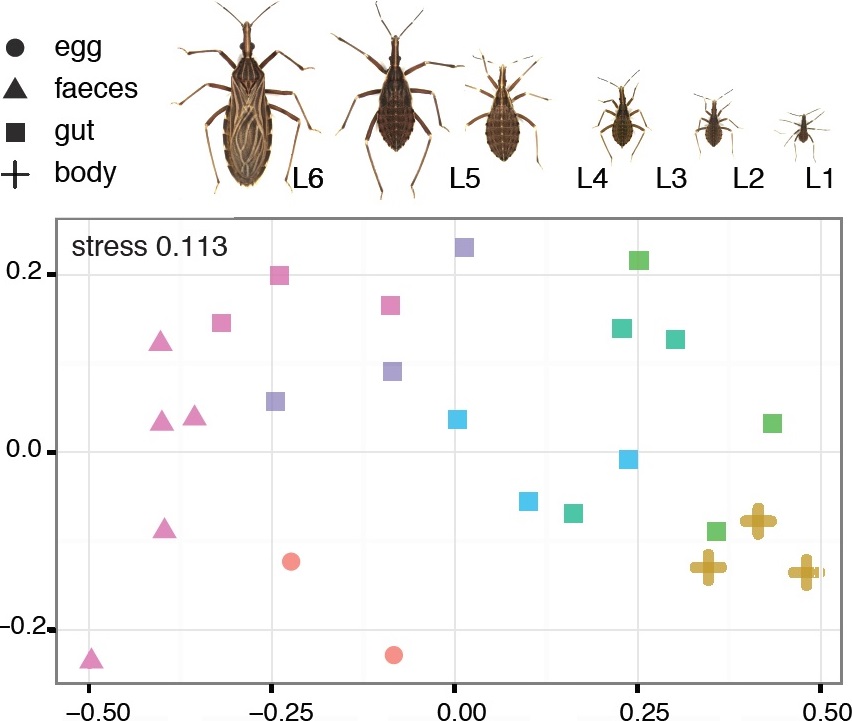 lecturer: Eva Nováková
lecturer: Eva Nováková
content: This course provides the students with a combination of theoretical background and practical skills in modern approaches of microbial ecology. With emphasis on symbiosis, the students will learn how to sequence, analyze and understand the functions of bacterial genomes and the structure of bacterial communities in various environments.
credits: 3
Molecular Phylogenetics
lecturer: Václav Hypša
content: The course provides an overview of basic techniques and data types in various areas of phylogenetic inference.
credits: 6
Biogeochemistry
lecturer: Petr Čapek, Hana Šantrůčková
content: An overview of biogeochemical processes on local, continental or global scales, both in natural conditions and under human impact. The course will make students familiar with cycling of major elements in preindustrial periods in the Earth crust, waters, atmosphere and soil and compare them with present and future situations modified and magnified by human activities.
credits: 2
Additional courses
Biology of Social Insects
lecturers: Petr Klimeš, Jan Šobotník, Jakub Straka
content: The course provides survey of the basic phenomena related to organization of insect societies; particularly: evolution of eusocial taxa, origination of social behaviour, ontogeny, communication, ecological and economical importance of social insects. The lecture includes overview of the most important aspects of life of social insects and place them into the evolutionary and functional context. The main taxonomic focus is on the biology, evolution and ecology of termites, bees and ants.
Restoration Ecology
lecturer: Karel Prach
content: The course introduces the basic ecological principles underlying successful restoration, methods of designing restoration projects using spontaneous and directed succession. Examples from different parts of the world as well as Czechia are presented, including both theoretical and practical aspects.
Biostatistics
lecturer: Petr Blažek
content: Introduction to the basic principles of statistical thinking. Special emphasis is put on practical use of statistical analyses for data processing in R. The students should be able to process their own data for bachelor theses and follow the advanced statistical courses.
Advanced Regression Methods
lecturer: Petr Šmilauer
content: Students will learn advanced ways of modelling data in natural sciences, with a focus on models with a combination of random and fixed effects and also on the selection of model complexity. Students should be enabled to work with such statistical models independently in their research.
Behavioral Ecology
lecturer: Petr Veselý
content: The course presents the basic topics of behavioural ecology. Besides the basic topics, a significant importance will be put to the recent trends in the research of behaviour in animals together with the vision in the future and with the topics, which are under research at our faculty.
Advances in Behavioral Ecology
lecturer: Petr Veselý
content: A journal club
Open Source GIS
lecturer: Stanislav Grill
content: The course aims to extend the analytical skills of students in the processing of environmental spatial data. The topics within course are not focusing on theory of spatial ecology but mostly on practical tasks of data processing in free open-source GIS software. An important aspect of the course is the selection of the software which is freely available and/or have open source code.
Fungal Ecology
lecturer: Martina Vašutová
content: Students will obtain basic knowledge on fungi, their importance in ecosystems and interactions with other groups of organisms. Understaning the concept of an individual, population and community in mycology, main drivers of fungal assemblages and mechanisms of fungal spreading. Information on fungal conservation.
Within practicals students will be introduced to current trends and methodological approaches in fungal ecology.
Field Mycology
lecturer: Martina Vašutová
content: Four days of field excursions, training in field mycology (herbarium specimens, microscopy, mycological inventory). Evening lectures introduce fungal ecology and conservation.
Biology of Animals
lecturer: Oldřich Nedvěd
content: A basic course of zoology, designed for students specialized on other fields of biology, taught in two parts: The first, common part explains phylogeny and adaptations of main animal lineages. The second part is taught separately, focused either on ecology, biogeography and conservation, or on comparative approach to general zoology and an evolutionary approach to the experimental model species of animals.
Biology of Plants
lecturer: Jan Kučera
content: A basic course of botany, designed for students specialized on other fields of biology, taught in two parts: The first, common part explains phylogeny and adaptations of main plant lineages. The second part is taught separately, focused either on ecology, biogeography and conservation, or on plant anatomy, morphology, physiology and development.
Studying Plants and Fungi Belowground
lecturers: Marie Šmilauerová, Petr Šmilauer
content: You will learn the essential skills for investigating the life of plants and symbiotic fungi in the soil. The methods will cover e.g. root biomass quantification, root morphology and architecture, or observing AM fungal symbionts.
Forest Ecology
lecturers: Jiří Doležal, Jan Altman, Lukáš Čížek
content: Basic structures and functions of forest ecosystems, examples of main forest types in temperate and boreal zone in Northern hemisphere.
Ecology of Alpine Ecosystems
lecturers: Jiří Doležal
content: Fundamentals of ecology of mountains, principal groups of algae and plants there, selected localities as examples of stands, principles of adaptation to extreme conditions.
Molecular Methods in Plant Science
lecturers: Petr Koutecký, Jiří Košnar
content: Presentation of methods of molecular biology used to infer genetic variation of plants, especially at lower taxonomic levels (genus, species, populations); the main research objectives include population genetics, microevolutionary processes, phylogeography. Selected methods will be practices in the laboratory.
Practicals of Multivariate Analysis of Ecological data
lecturers: Jan Lepš, Petr Šmilauer
content: Students develop two different research "projects" starting from the data preparation into a form needed for their analysis, application of multiple statistical methods (appropriate for the questions being asked), up to the presentation of obtained results. Each student will practice both a written presentation of the project conclusions, as well as the oral presentation, and participation in a guided discussion.
Modelling for Ecologists in R
lecturer: David Boukal
content: The course presents key principles and approaches to process-based modelling in population, behavioural and evolutionary ecology, using examples in R. The aim is to provide students with practical skills for their own work.
Ecology seminar
content: Lectures of invited speakers, often from other universities in Czechia and the world.
Language courses
You can enroll in several English-taught language courses to improve your language skills:
- Academic Writing
- Scientific Writing
- Presentation Skills in English
- English for Science
- English for Workplace
- English for TOEIC
- English for Intercultural Communication
- ...
- Spanish, French, German, Russian
- Czech for foreigners
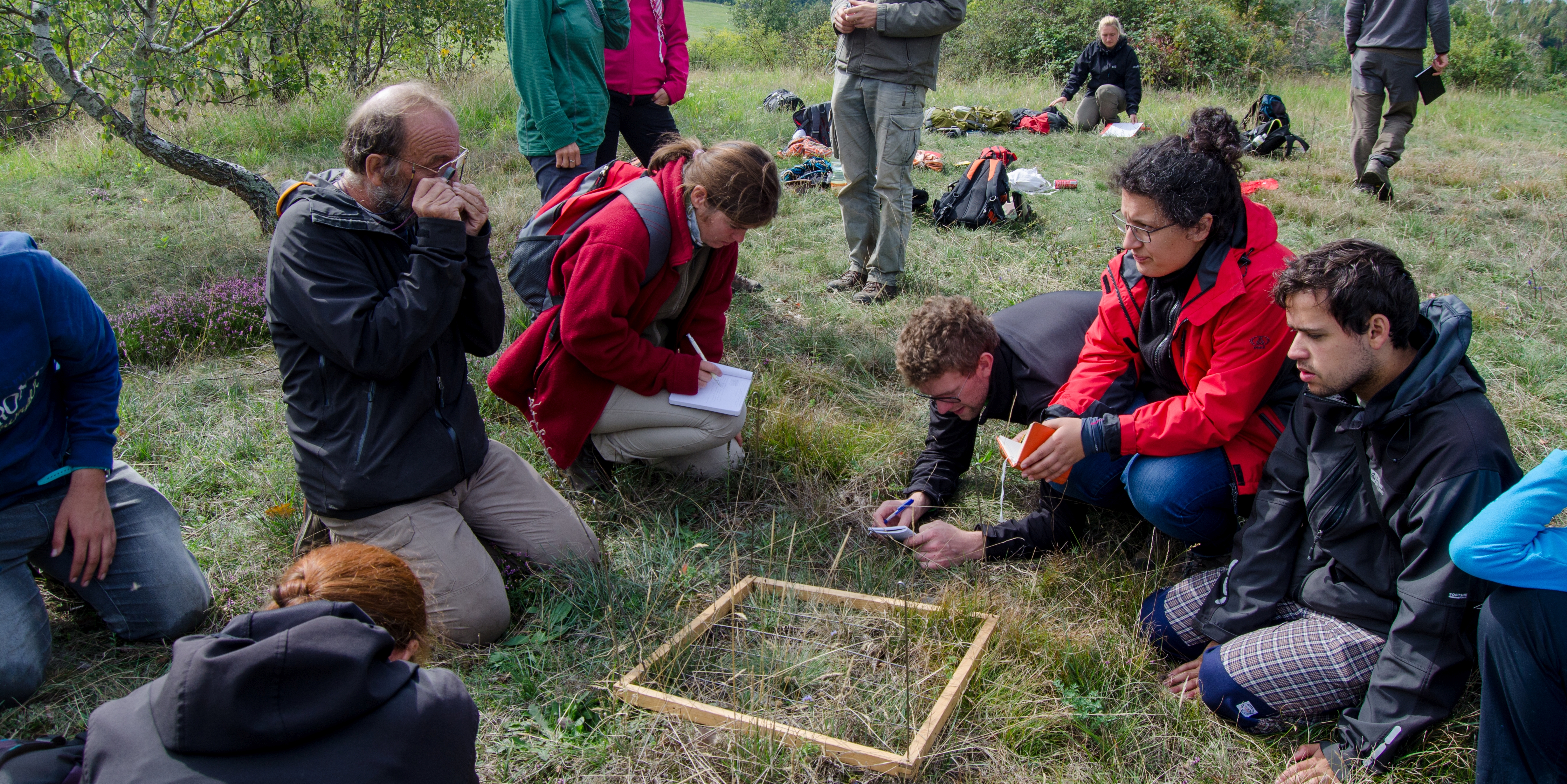

 lecturers: Jan Lepš, Petr Šmilauer
lecturers: Jan Lepš, Petr Šmilauer  lecturers: Jan Lepš, Vojtěch Novotný
lecturers: Jan Lepš, Vojtěch Novotný  lecturers: Lars Götzenberger, Francesco de Bello
lecturers: Lars Götzenberger, Francesco de Bello  lecturer: Petr Šmilauer
lecturer: Petr Šmilauer  lecturer: Karel Prach, Ondřej Mudrák
lecturer: Karel Prach, Ondřej Mudrák  lecturer: Vojtěch Novotný
lecturer: Vojtěch Novotný  lecturer: Jana Jersáková, Tomáš Kučera, Martin Konvička
lecturer: Jana Jersáková, Tomáš Kučera, Martin Konvička  lecturers: Jan Lepš, Petr Blažek
lecturers: Jan Lepš, Petr Blažek  lecturers: Jan Lepš, Francesco de Bello, Lars Götzenberger, Jan Hrček
lecturers: Jan Lepš, Francesco de Bello, Lars Götzenberger, Jan Hrček  lecturer: Jan Lepš, Petr Blažek
lecturer: Jan Lepš, Petr Blažek lecturer: Karel Prach
lecturer: Karel Prach  lecturer: Kateřina Sam
lecturer: Kateřina Sam  lecturer: Jana Jersáková, Lukáš Čížek, Štěpán Janeček
lecturer: Jana Jersáková, Lukáš Čížek, Štěpán Janeček lecturer: Pavel Duda
lecturer: Pavel Duda  lecturer: Eva Nováková
lecturer: Eva Nováková 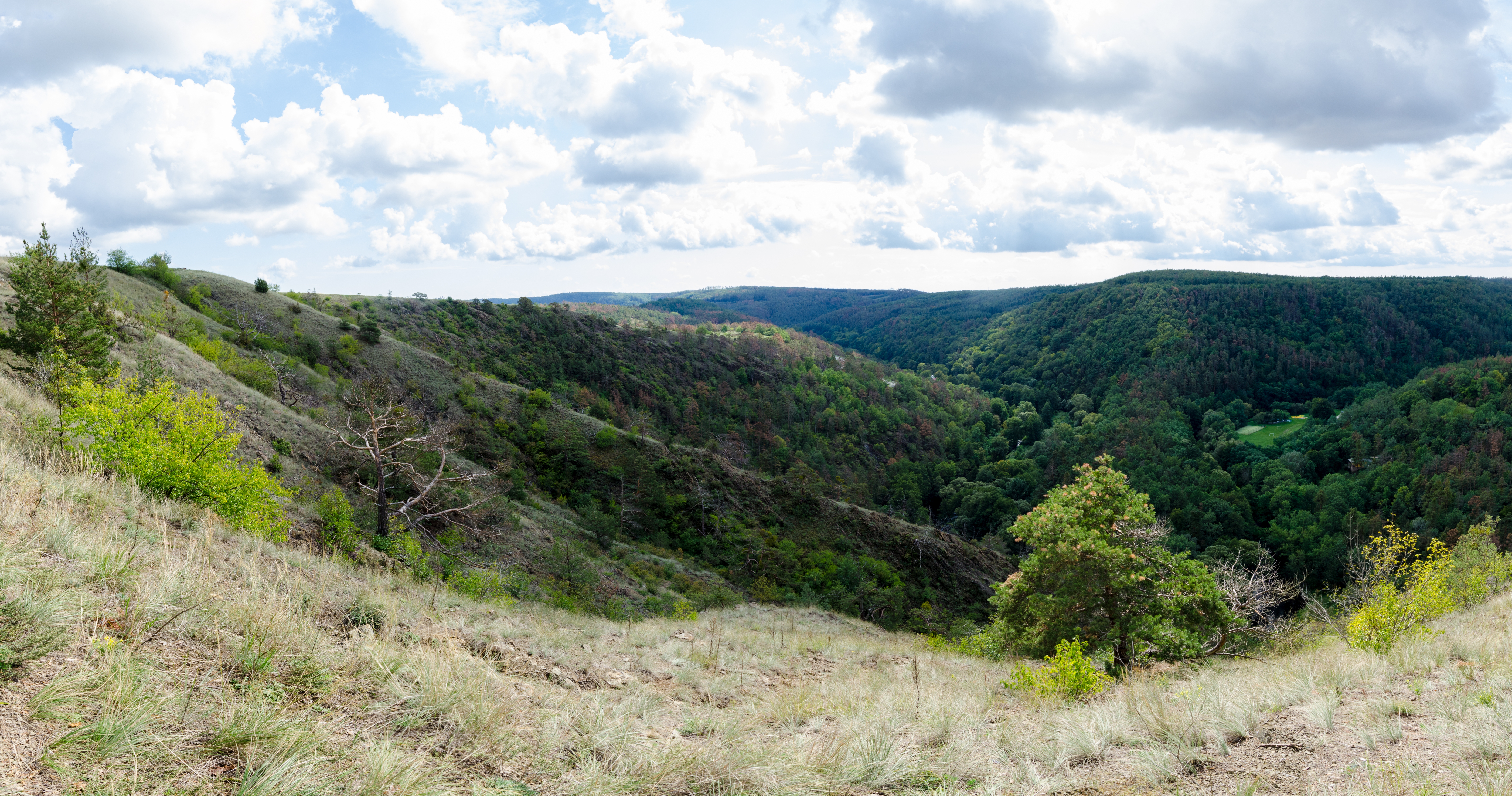 A one-week trip to Mohleno (SE Czechia) or Křivoklát (W Czechia) offers students to learn basic field-sampling methods. Since the excursion takes place just before the start of the winter semester (mid-September), we recommend this for new students to meet their course mates. (KBO/192E)
A one-week trip to Mohleno (SE Czechia) or Křivoklát (W Czechia) offers students to learn basic field-sampling methods. Since the excursion takes place just before the start of the winter semester (mid-September), we recommend this for new students to meet their course mates. (KBO/192E)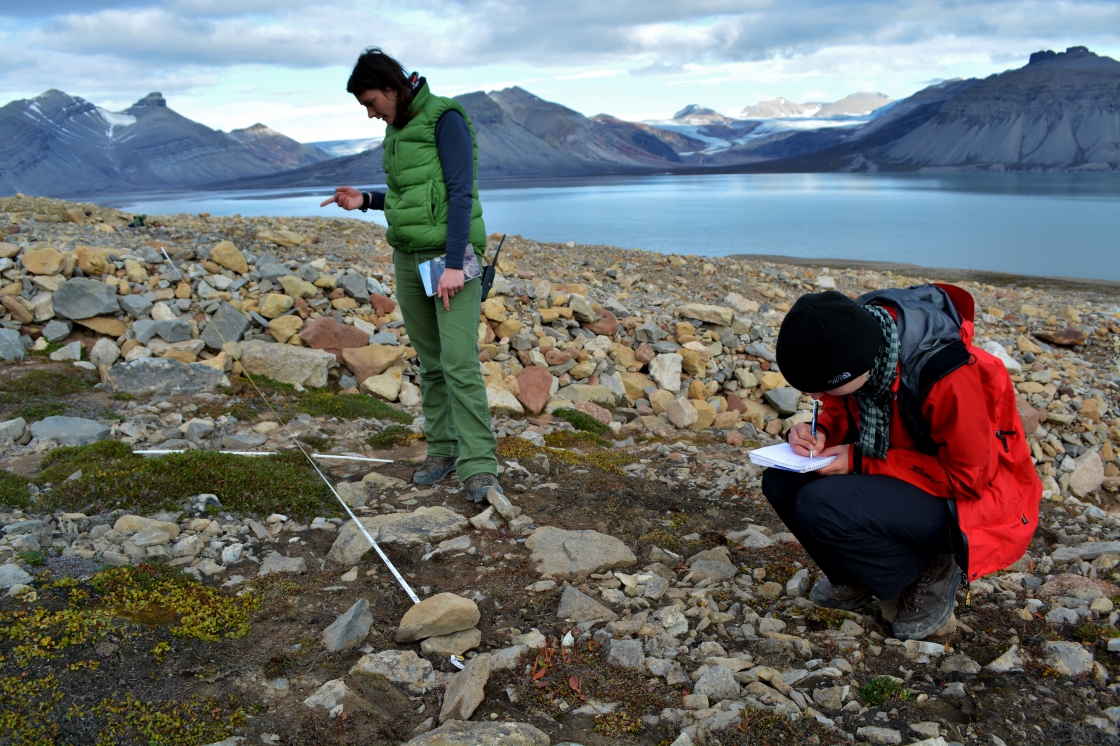 The course of Polar Ecology includes a field trip to Svalbard.
The course of Polar Ecology includes a field trip to Svalbard. 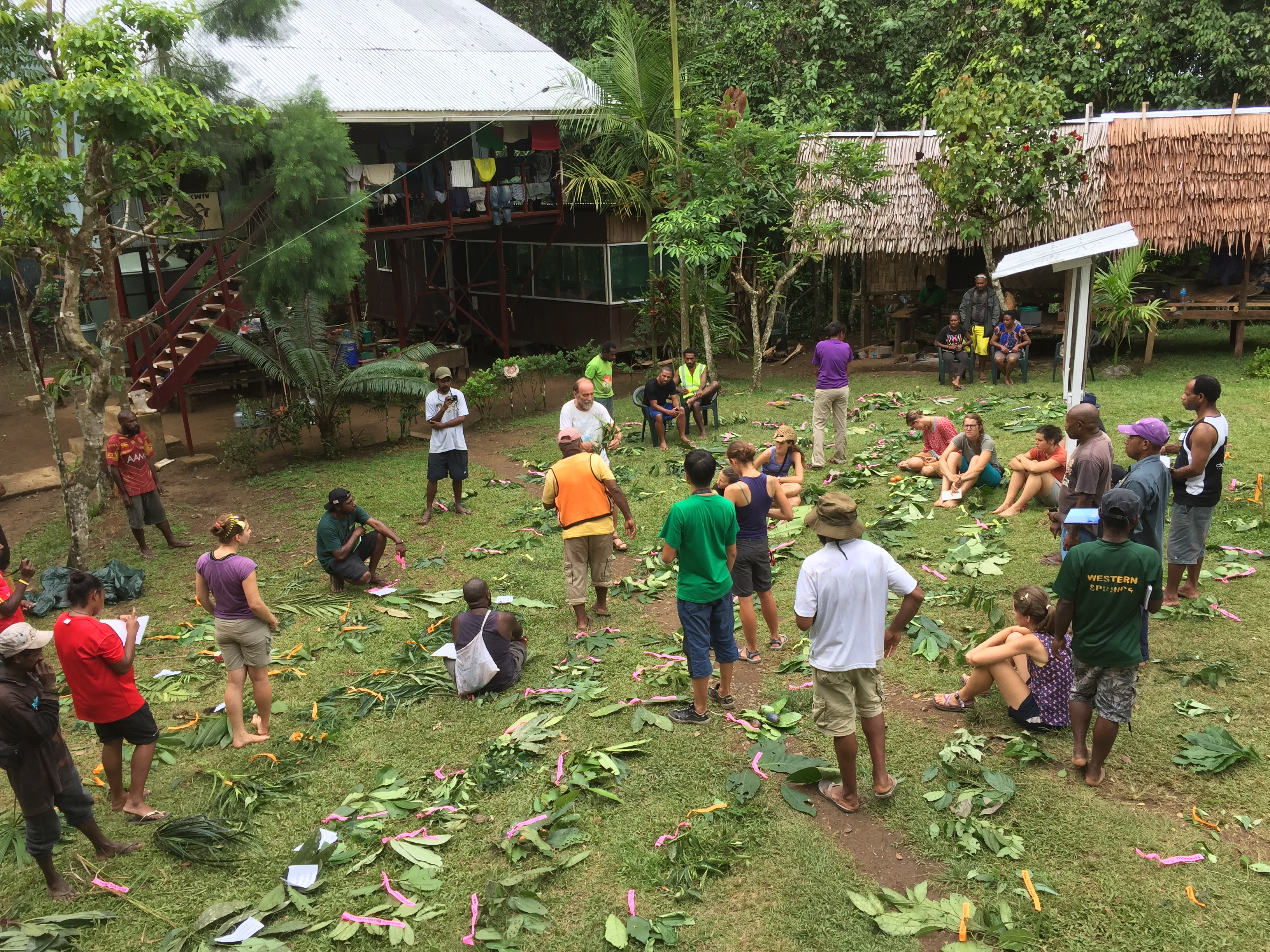 The course of Tropical Ecology is supplemented by a field trip to Papua New Guinea. The expedition includes trips to all basic types of natural environment in PNG: diving on coral reefs, working at a research station in a lowland rainforest, canoe rides in mangrove swamps, climbing through misty forests up to the top of Mt. Wilhelm, 4500 meters a.s.l., visiting a volcano island or dancing decorated with war paint and feather headdresses with indigenous people.
The course of Tropical Ecology is supplemented by a field trip to Papua New Guinea. The expedition includes trips to all basic types of natural environment in PNG: diving on coral reefs, working at a research station in a lowland rainforest, canoe rides in mangrove swamps, climbing through misty forests up to the top of Mt. Wilhelm, 4500 meters a.s.l., visiting a volcano island or dancing decorated with war paint and feather headdresses with indigenous people. 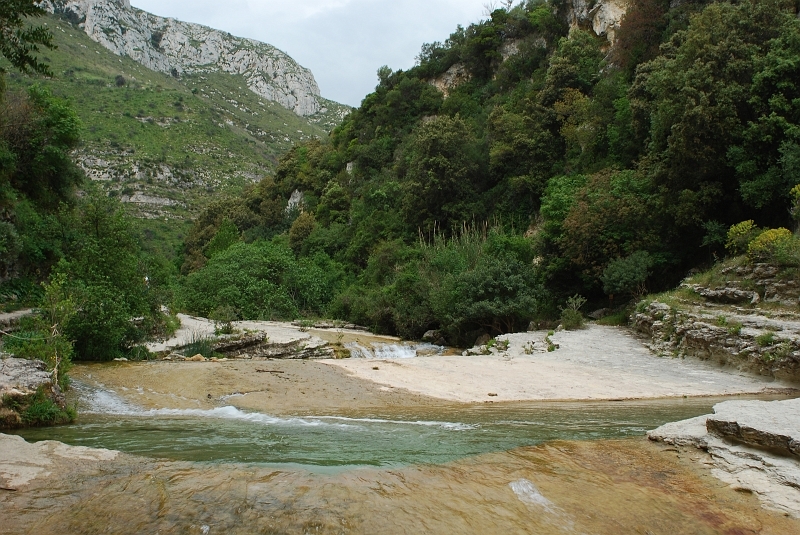 A bus tour to distant parts of Europe visits European biomes. Destinations of past years: North Macedonia (2024), Corsica (2023), Bulgaria (2022), covid break (2020-2021), Spain (2019), Poland and Ukraine (2018), Greece (2017), France (2016), Spain (2015), Serbia (2014), Scandinavia (2013), Romania (2012)... (KBO/191)
A bus tour to distant parts of Europe visits European biomes. Destinations of past years: North Macedonia (2024), Corsica (2023), Bulgaria (2022), covid break (2020-2021), Spain (2019), Poland and Ukraine (2018), Greece (2017), France (2016), Spain (2015), Serbia (2014), Scandinavia (2013), Romania (2012)... (KBO/191)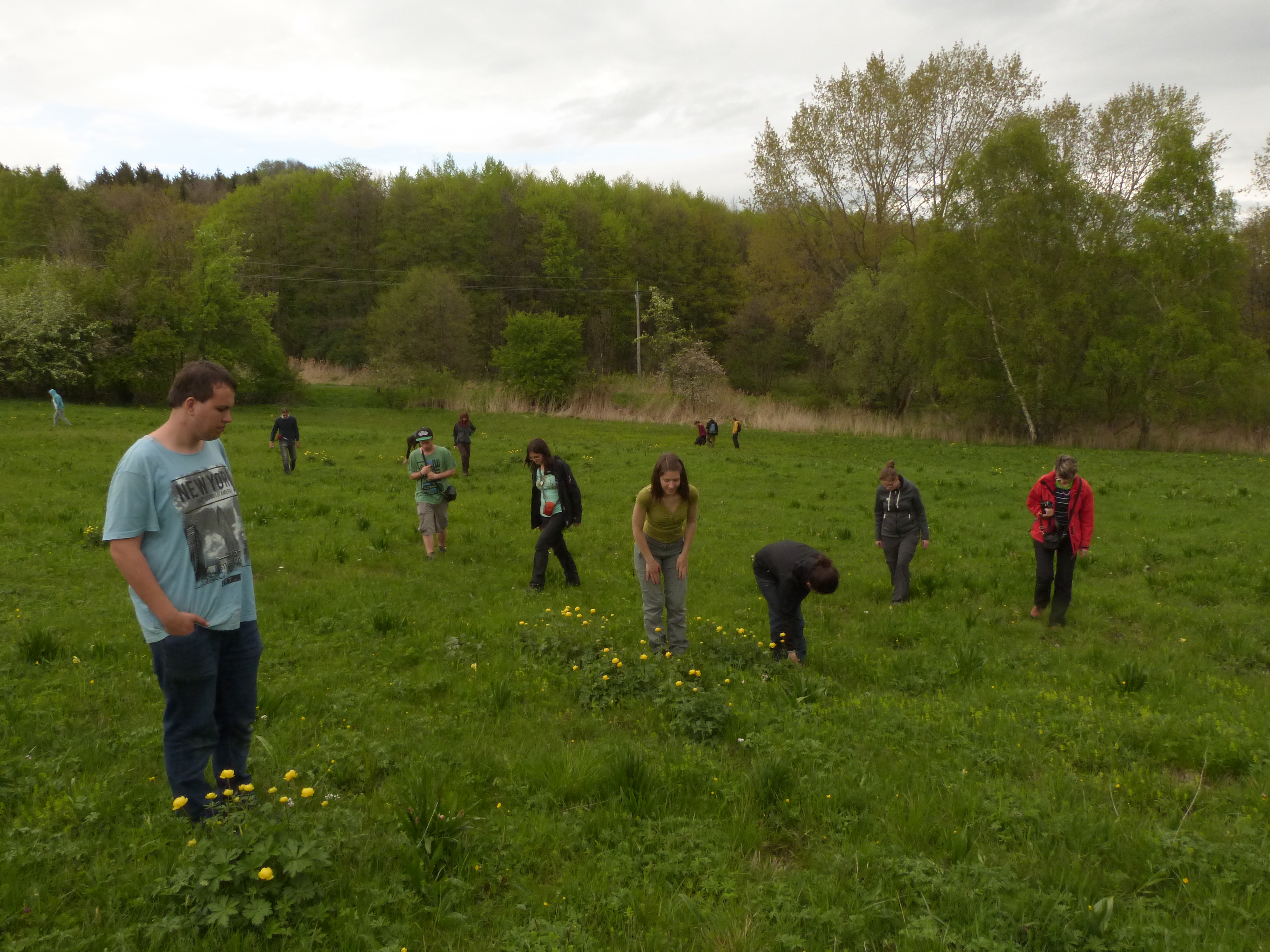 The four-day bus excursion is focused on presentation of main vegetation types of Czechia. Geological, historical and cultural phenomena are also presented in mutual interactions with the vegetation pattern and dynamics. (KBO/126E)
The four-day bus excursion is focused on presentation of main vegetation types of Czechia. Geological, historical and cultural phenomena are also presented in mutual interactions with the vegetation pattern and dynamics. (KBO/126E)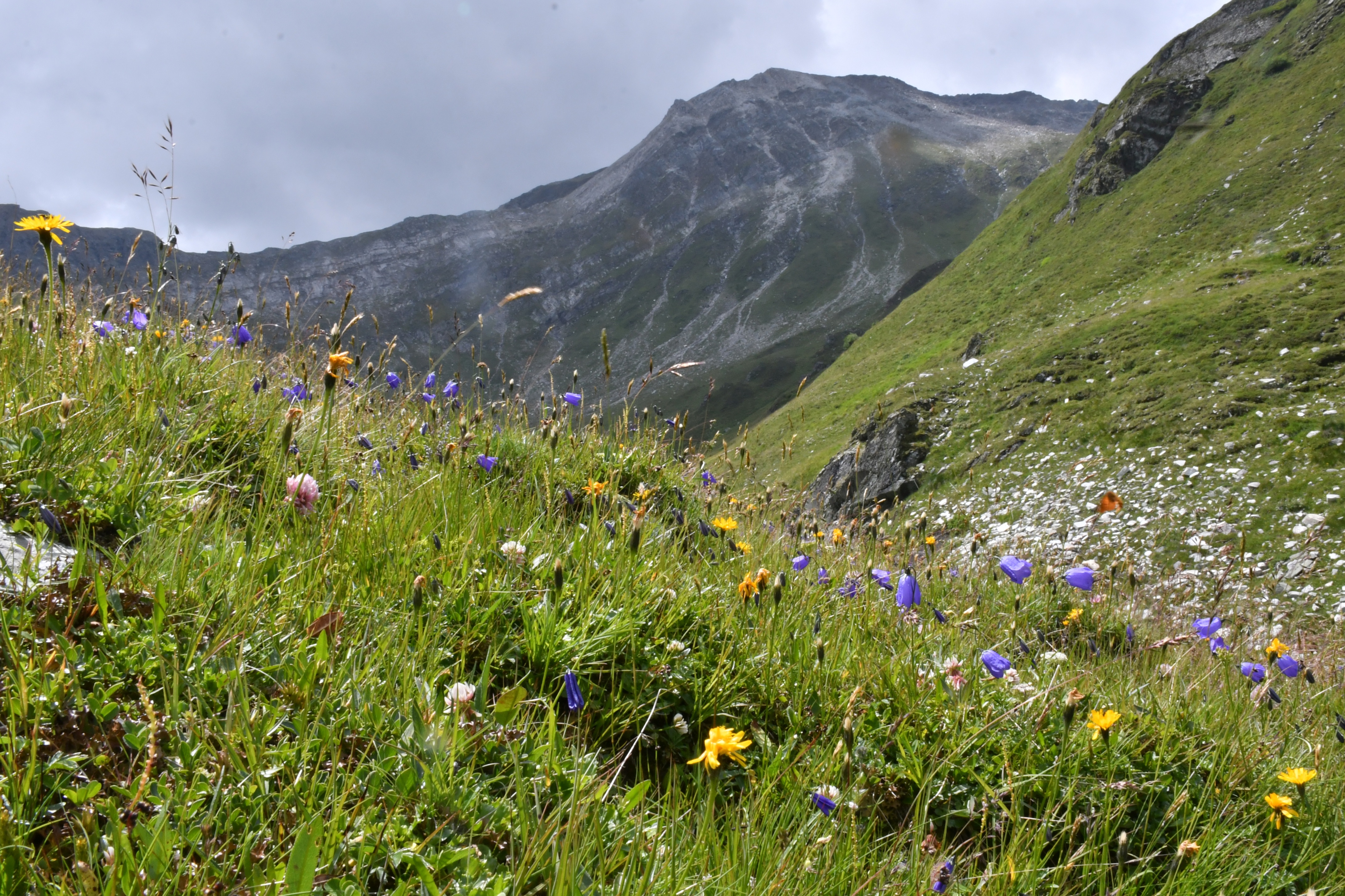 A week excursion to the Alps aims to explore plant diversity and ecology in contrasting environmental conditions (altitude, bedrock). (KBO/136)
A week excursion to the Alps aims to explore plant diversity and ecology in contrasting environmental conditions (altitude, bedrock). (KBO/136)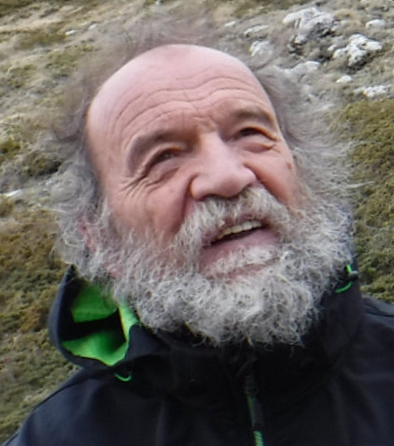 My main interest is plant ecology, with major projects connected with mechanisms of species coexistence and stability in temperate grasslands, but I also work in tropical forest ecology. Further, I am interested in data analysis, and particularly in the multivariate data analysis.
My main interest is plant ecology, with major projects connected with mechanisms of species coexistence and stability in temperate grasslands, but I also work in tropical forest ecology. Further, I am interested in data analysis, and particularly in the multivariate data analysis. 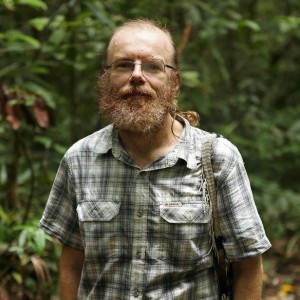 A tropical ecologist studying plant-insect food webs in the rainforests of
A tropical ecologist studying plant-insect food webs in the rainforests of 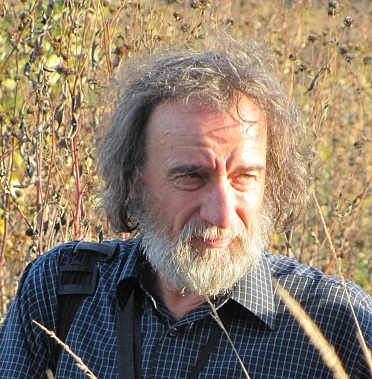 Author of various publications in
Author of various publications in 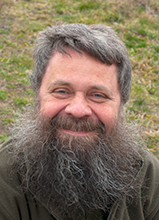 My research interests cover
My research interests cover 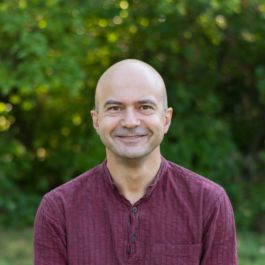 My research focuses on ecological and evolutionary processes in aquatic habitats. The lab uses a combination of lab and field experiments and mathematical modelling to understand and predict the impacts of environmental stressors on individual life histories, trophic interactions and community structuring. Our main emphasis is on freshwater invertebrates in standing waters but we also work with fish.
My research focuses on ecological and evolutionary processes in aquatic habitats. The lab uses a combination of lab and field experiments and mathematical modelling to understand and predict the impacts of environmental stressors on individual life histories, trophic interactions and community structuring. Our main emphasis is on freshwater invertebrates in standing waters but we also work with fish.  My research interests are community ecology, symbiosis and evolutionary ecology. In my lab we experimentally address stability of communities, their response to global change and invasions. We use a model system based on wild Drosophila communities which allows us to link laboratory and field research. I have close ties with University of Oxford where I am research associate.
My research interests are community ecology, symbiosis and evolutionary ecology. In my lab we experimentally address stability of communities, their response to global change and invasions. We use a model system based on wild Drosophila communities which allows us to link laboratory and field research. I have close ties with University of Oxford where I am research associate. 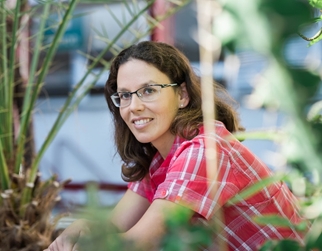 My main interests are interactions between trophic levels, predation and community ecology. I work along large environmental gradients (latitude, altitude) but also locally. I focus on birds, bats, ans and spiders as focal predators, and I study their impact on arthropod communities
My main interests are interactions between trophic levels, predation and community ecology. I work along large environmental gradients (latitude, altitude) but also locally. I focus on birds, bats, ans and spiders as focal predators, and I study their impact on arthropod communities 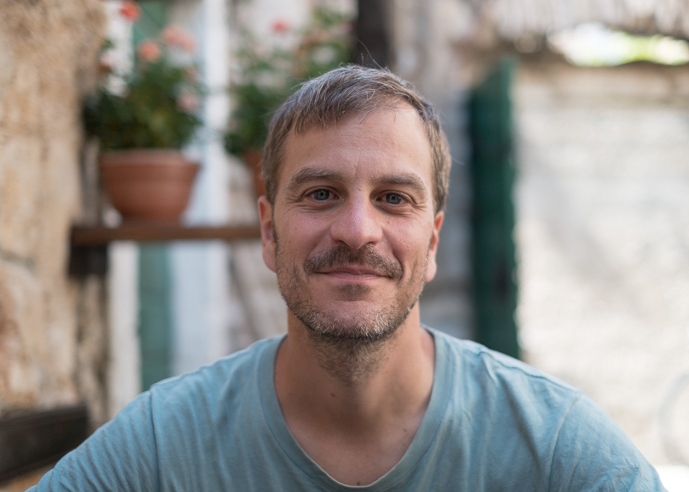 I study plant community ecology through species traits and phylogenetic relationships. The main focus is on how traits and phylogeny imprint on species ecological strategies, and how this influences the assembly and stability of communities. From a technical site, I have a keen interest in R programming and ecological data bases.
I study plant community ecology through species traits and phylogenetic relationships. The main focus is on how traits and phylogeny imprint on species ecological strategies, and how this influences the assembly and stability of communities. From a technical site, I have a keen interest in R programming and ecological data bases. 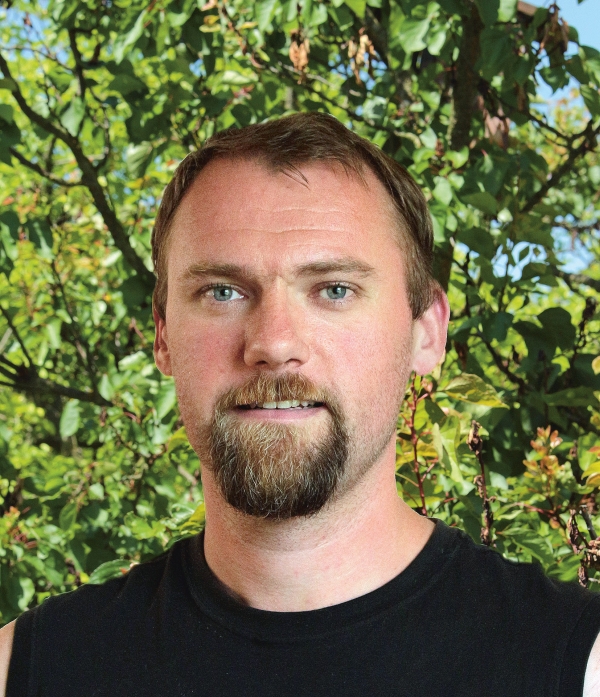 Ornithologist and behavioural ecologist focusing on interspecific bird interactions (predators, competitors) communication about danger and interactions of birds and their prey (warning signals, camouflage).
Ornithologist and behavioural ecologist focusing on interspecific bird interactions (predators, competitors) communication about danger and interactions of birds and their prey (warning signals, camouflage). 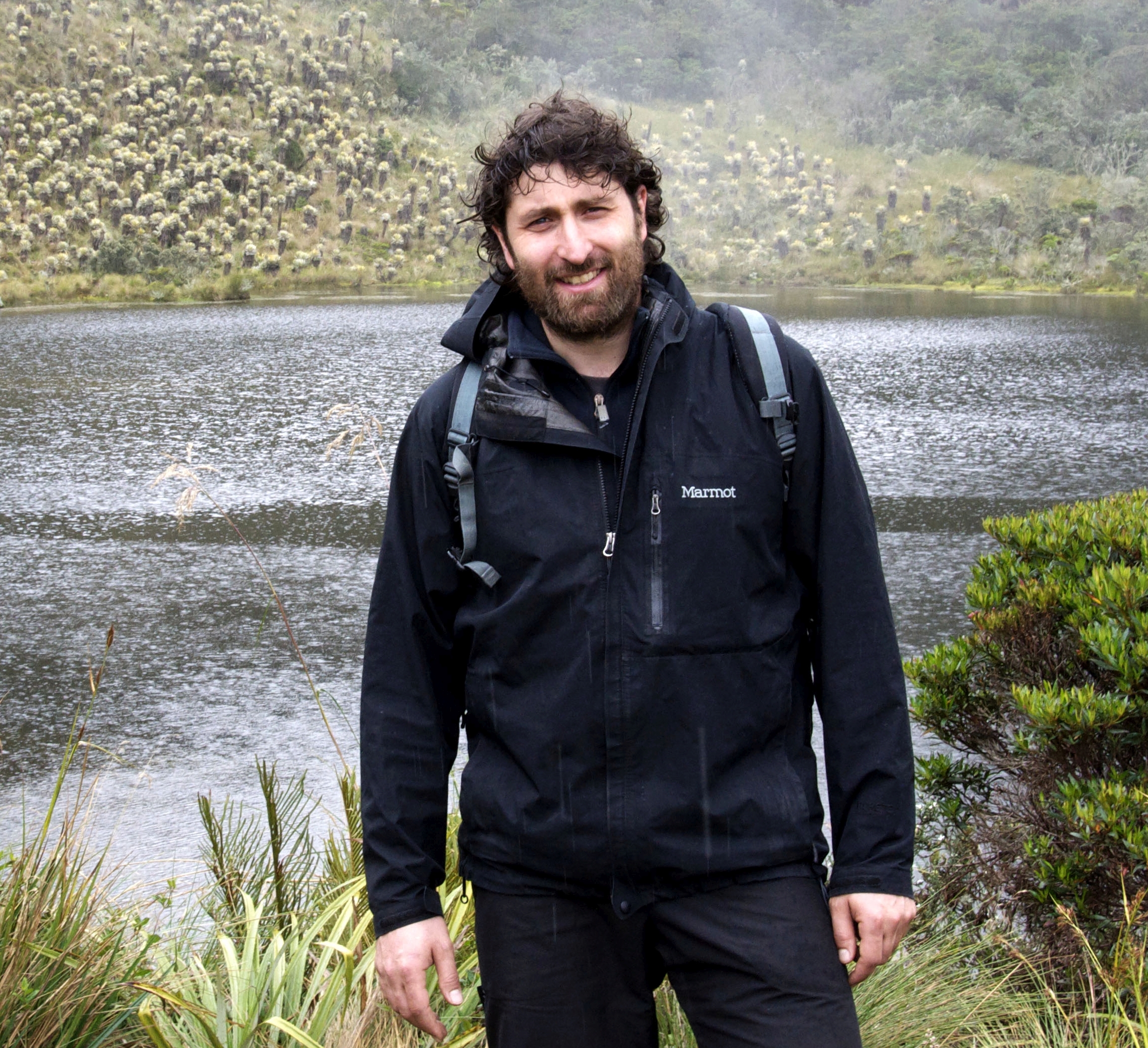 Author of various publications on functional trait diversity. He is trained as a plant ecologist and agronomist. Using meadows and alpine vegetation as a study framework, he assesses the role of functional trait diversity on the interface between community assembly and ecosystem service delivery. His interests also include the effects of land-use changes on vegetation, and particularly grazing and mowing, and the development of integrated biodiversity indicator systems to monitor the effects of these changes in interaction with climate change.
Author of various publications on functional trait diversity. He is trained as a plant ecologist and agronomist. Using meadows and alpine vegetation as a study framework, he assesses the role of functional trait diversity on the interface between community assembly and ecosystem service delivery. His interests also include the effects of land-use changes on vegetation, and particularly grazing and mowing, and the development of integrated biodiversity indicator systems to monitor the effects of these changes in interaction with climate change.  My main interest is plant ecology, focusing particularly on ecological aspects of life-strategies of terrestrial orchids, and factors affecting plant distribution, such as dependence on specific mycorrhizal fungi and specialized pollinators.
My main interest is plant ecology, focusing particularly on ecological aspects of life-strategies of terrestrial orchids, and factors affecting plant distribution, such as dependence on specific mycorrhizal fungi and specialized pollinators. I am a zoologist specializing in human evolution. My research topics include evolution of primate behavior, human population history, and evolution of culture using a broad spectrum of phylogenetic comparative methods.
I am a zoologist specializing in human evolution. My research topics include evolution of primate behavior, human population history, and evolution of culture using a broad spectrum of phylogenetic comparative methods. 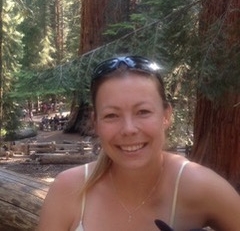 I am generally interested in bacterial symbioses of blood sucking vectors. My research focuses on evolution, function and dynamics of various forms of symbioses from loosely associated bacteria in complex microbiomes to obligate mutualists with extremely reduced genomes.
I am generally interested in bacterial symbioses of blood sucking vectors. My research focuses on evolution, function and dynamics of various forms of symbioses from loosely associated bacteria in complex microbiomes to obligate mutualists with extremely reduced genomes.  I aim to understand the evolutionary drivers of biodiversity. I mainly use genomic and ecological data to infer the origin and evolution of diverse tropical groups. My research topics range from describing the ecological and evolutionary processes shaping phenotype evolution, trait-associated dispersal and speciation, to population genomics of butterflies.
I aim to understand the evolutionary drivers of biodiversity. I mainly use genomic and ecological data to infer the origin and evolution of diverse tropical groups. My research topics range from describing the ecological and evolutionary processes shaping phenotype evolution, trait-associated dispersal and speciation, to population genomics of butterflies. Soil biology and biochemistry, nutrient transformation, stable isotopes in ecological studies.
Soil biology and biochemistry, nutrient transformation, stable isotopes in ecological studies.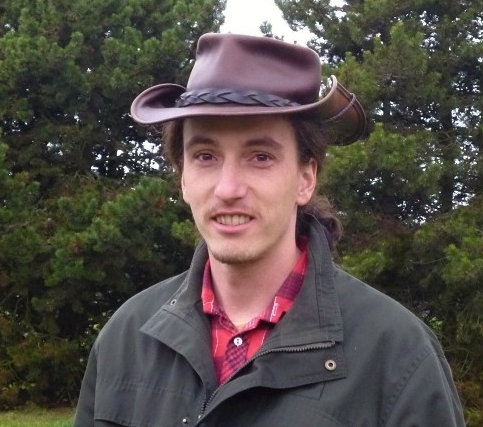 I study plant ecology in grasslands. My main focus covers population ecology of hemiparasitic plants, but I participate in several other research projects and I want to bring the results of research closer to farm practice. I teach Population Ecology, a basic course of Biostatistics, and lead a Field Ecology trip.
I study plant ecology in grasslands. My main focus covers population ecology of hemiparasitic plants, but I participate in several other research projects and I want to bring the results of research closer to farm practice. I teach Population Ecology, a basic course of Biostatistics, and lead a Field Ecology trip.